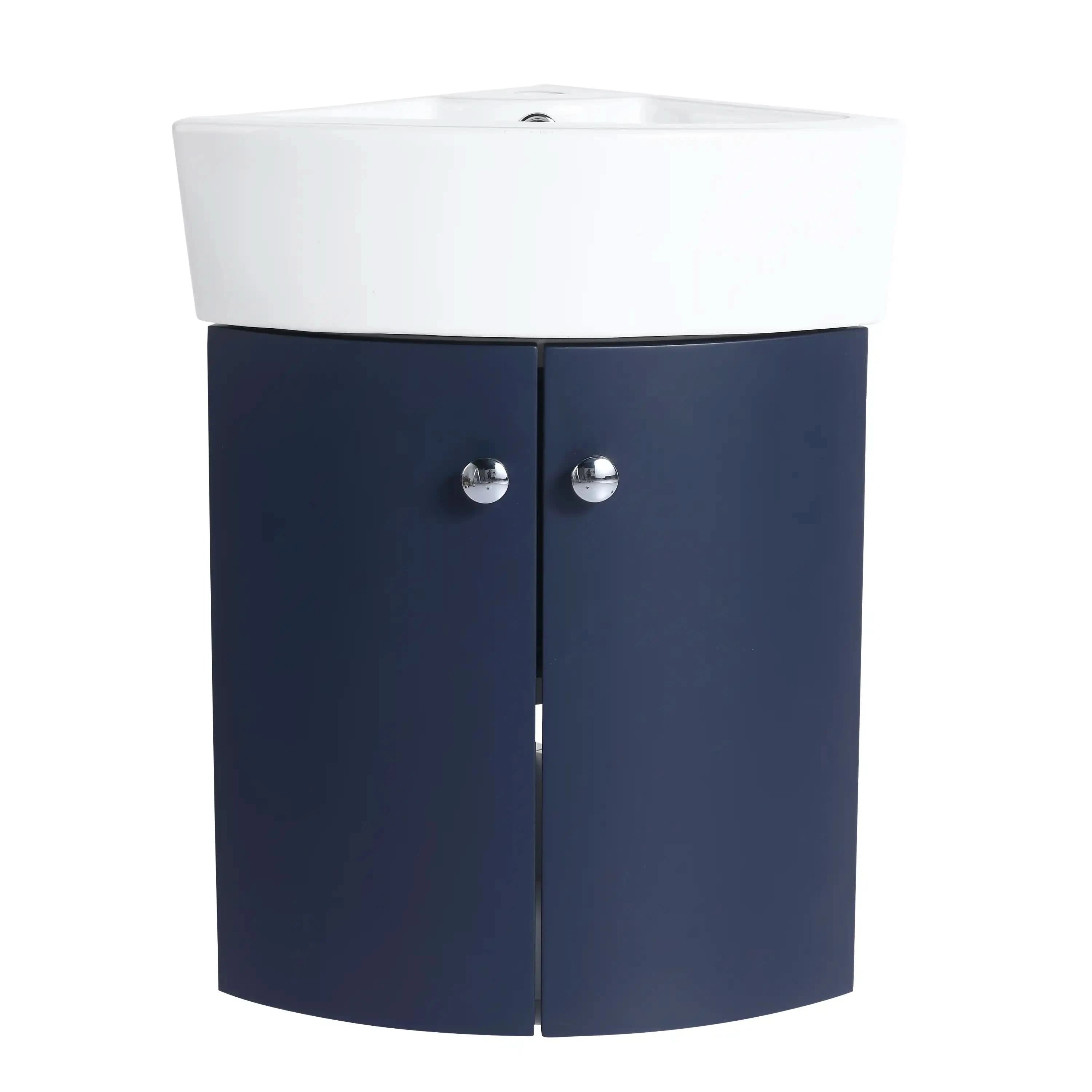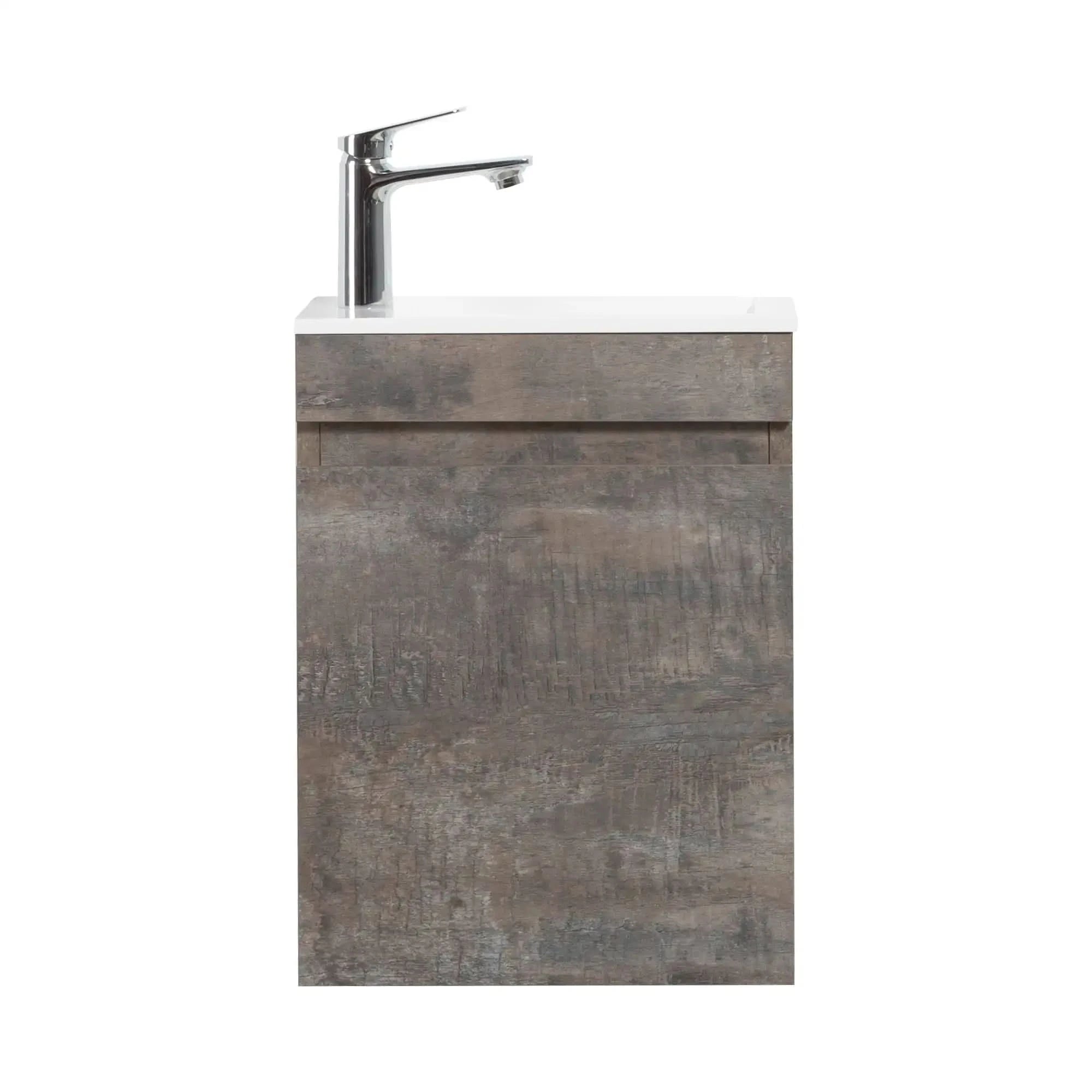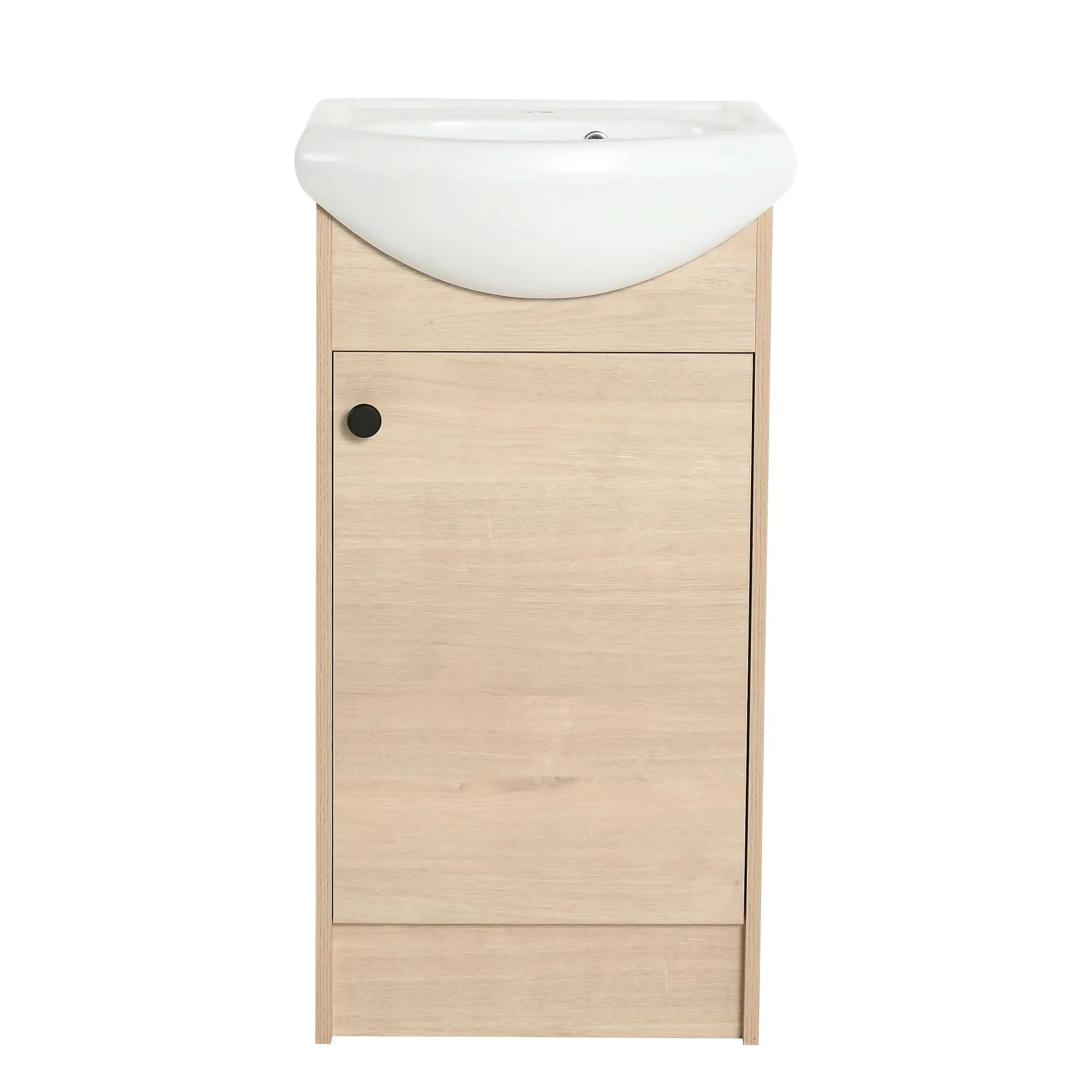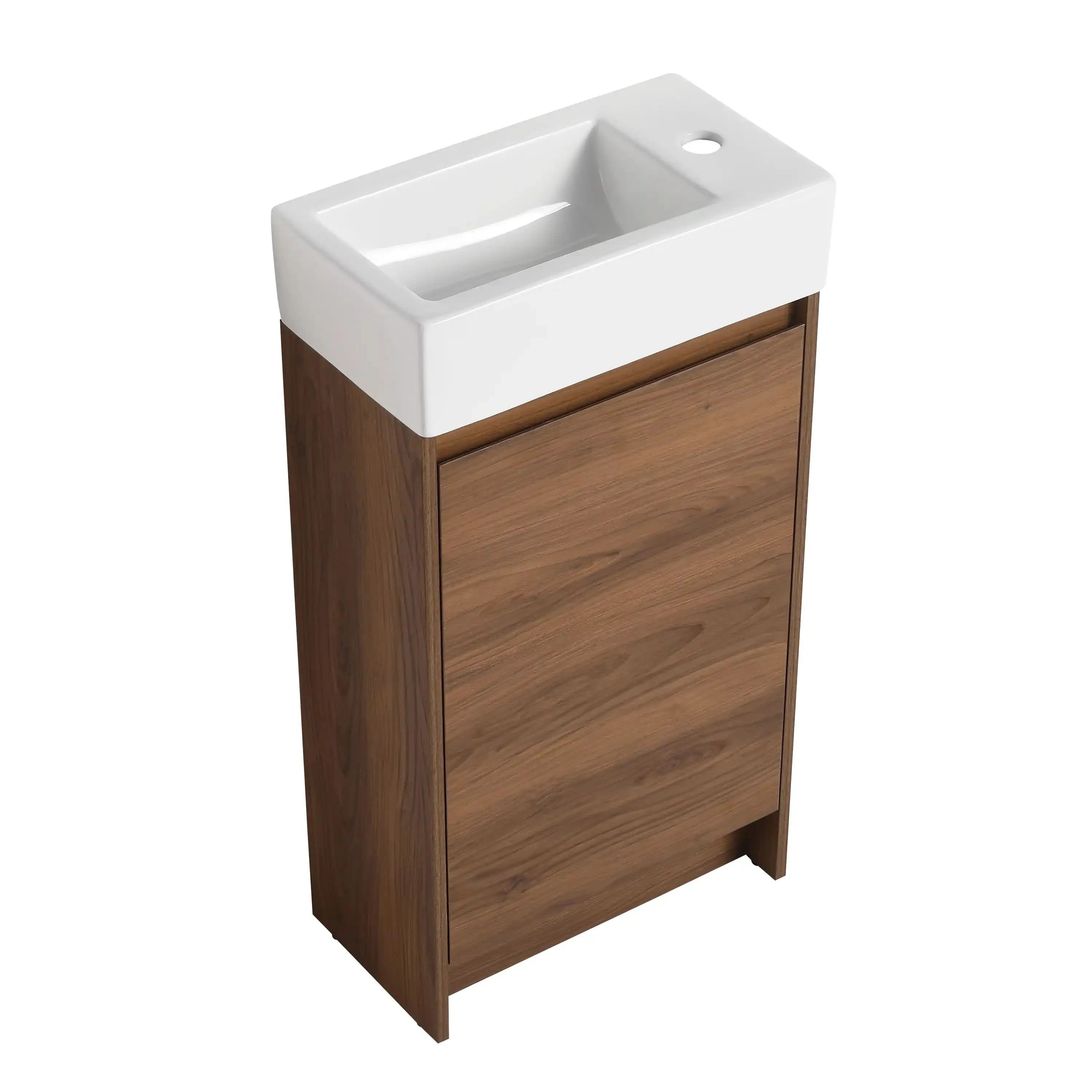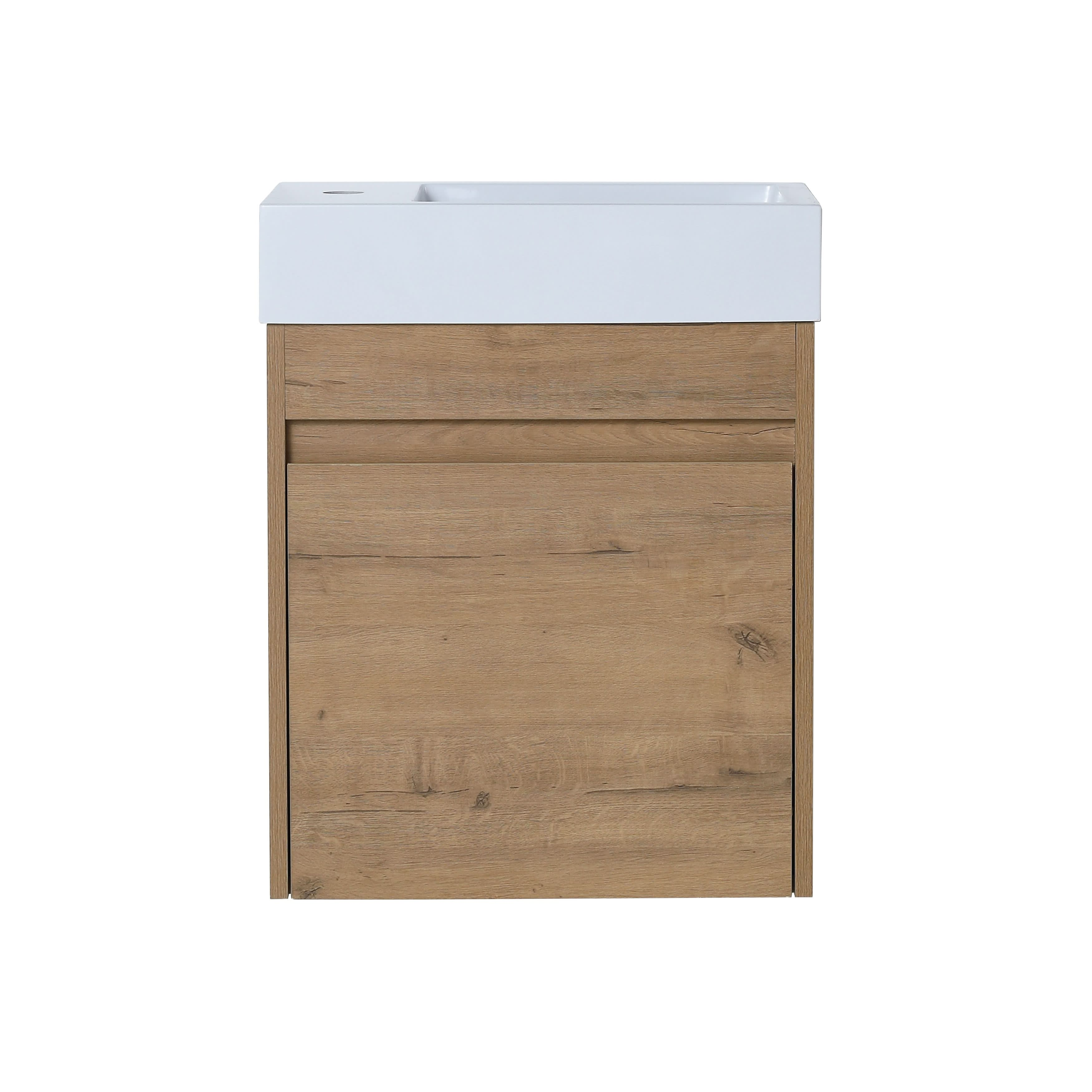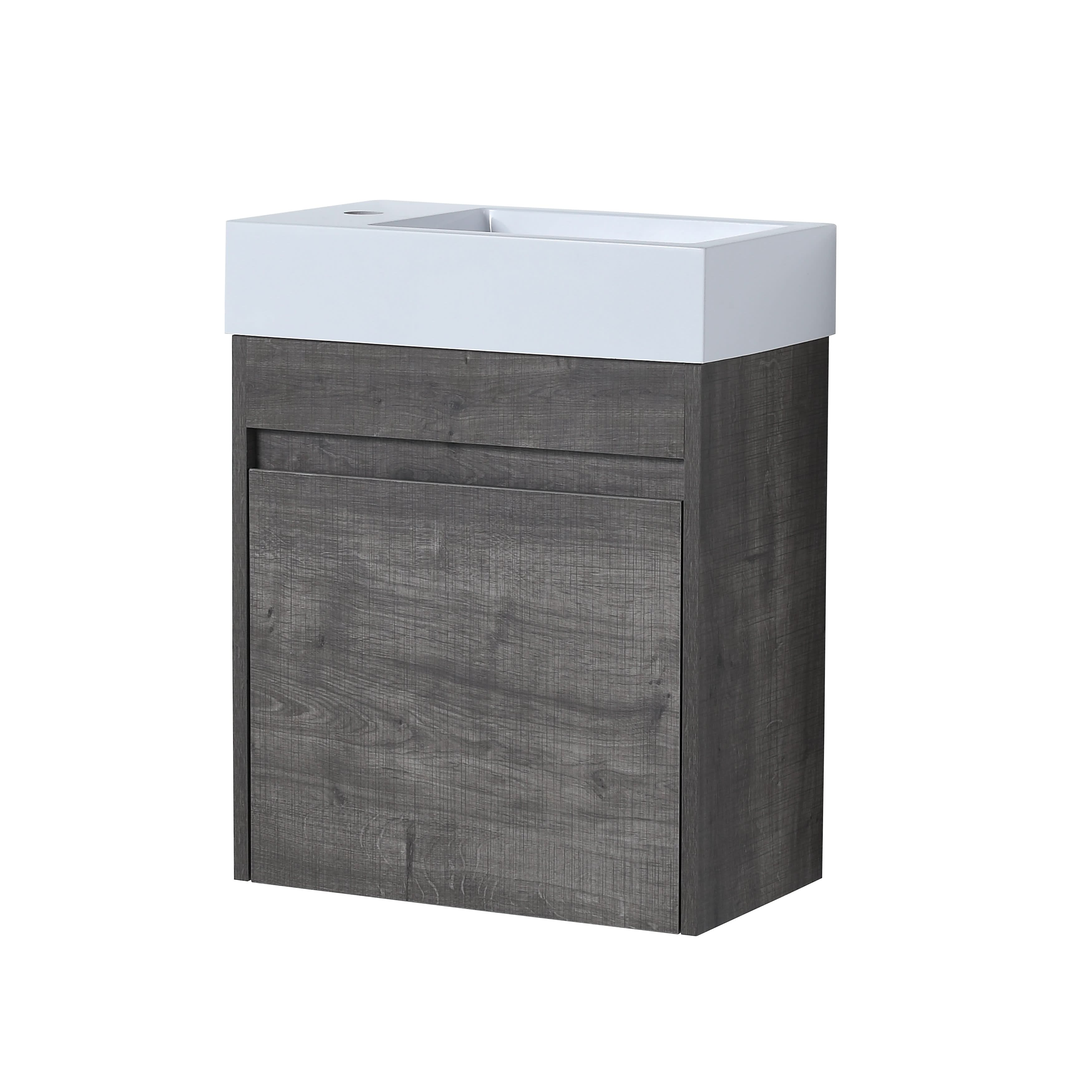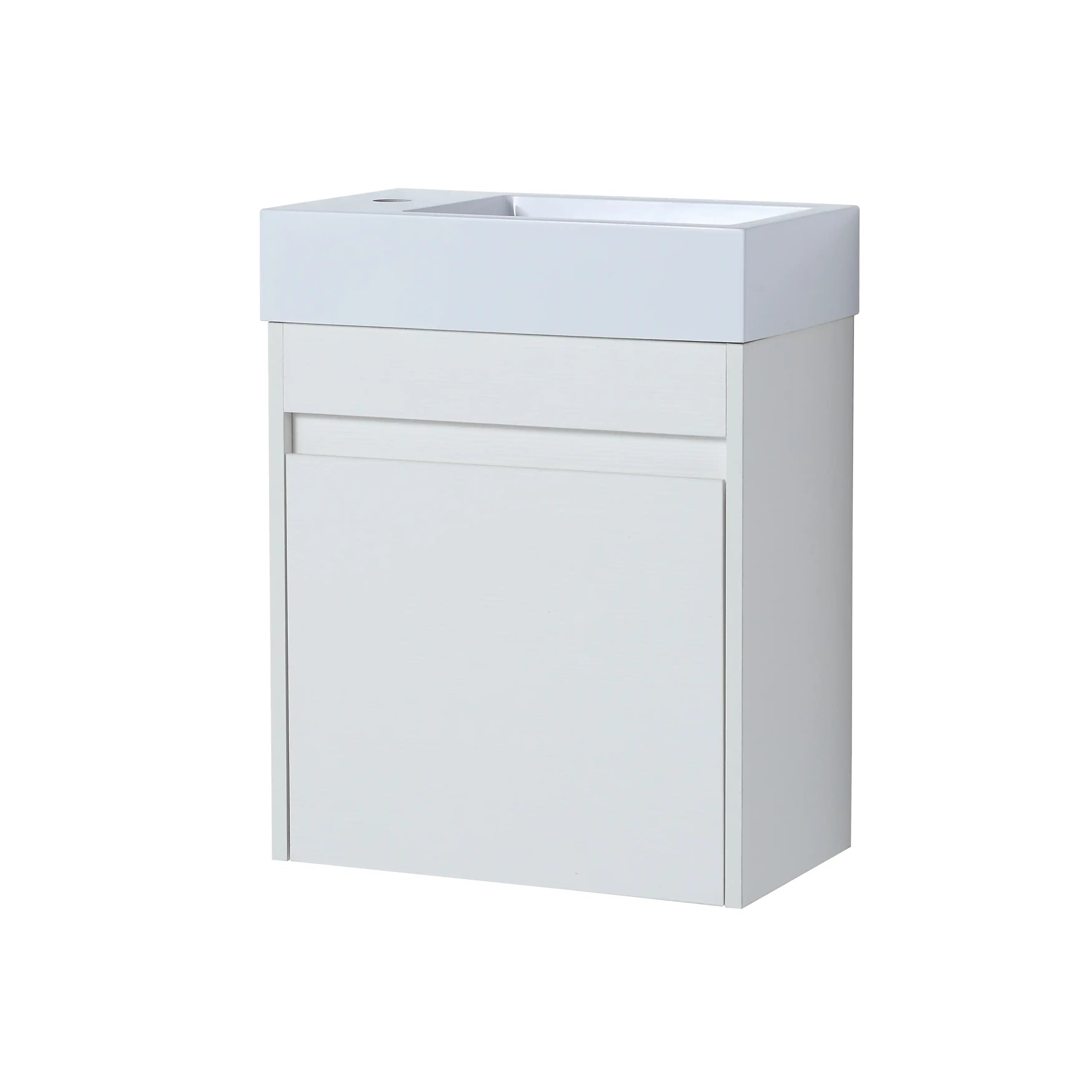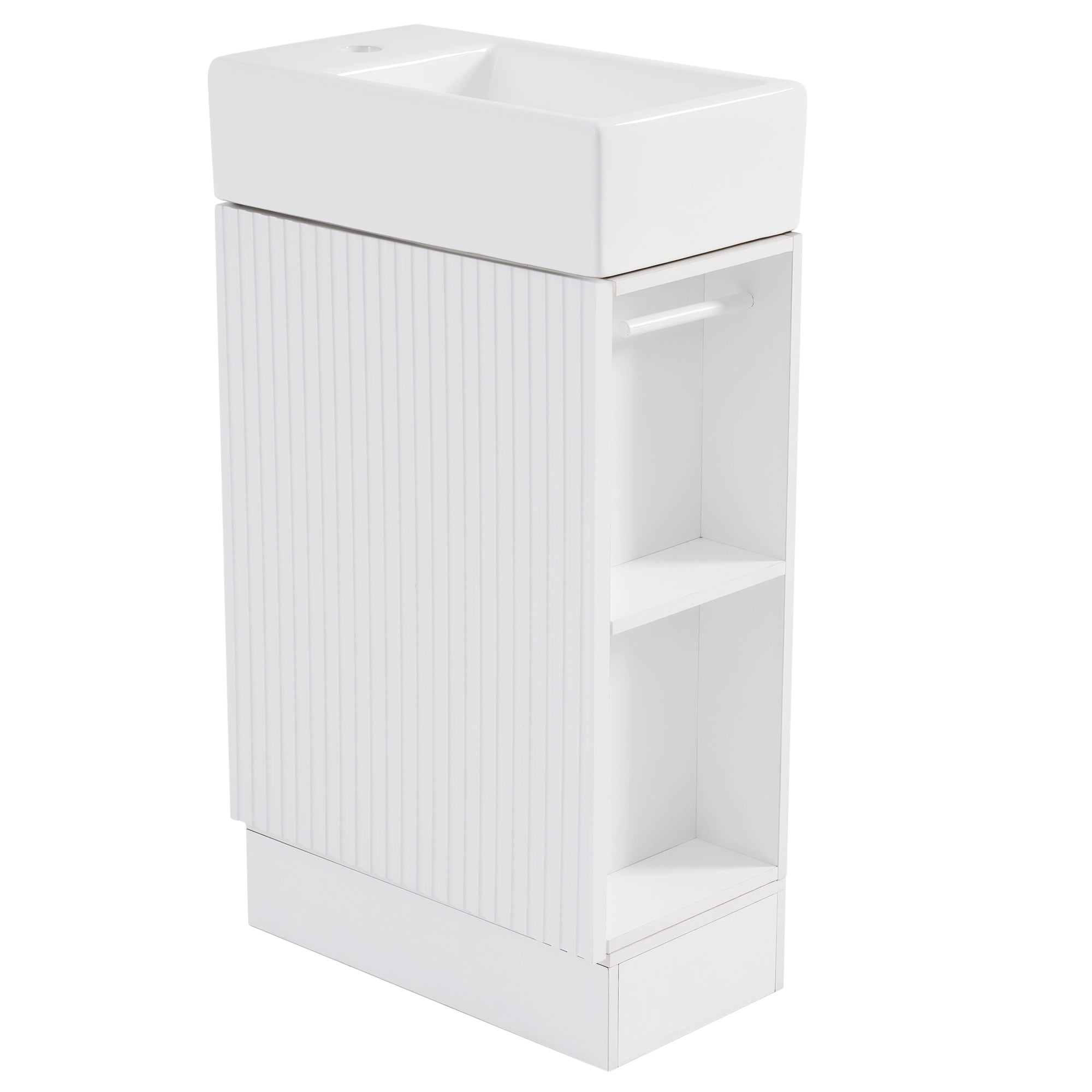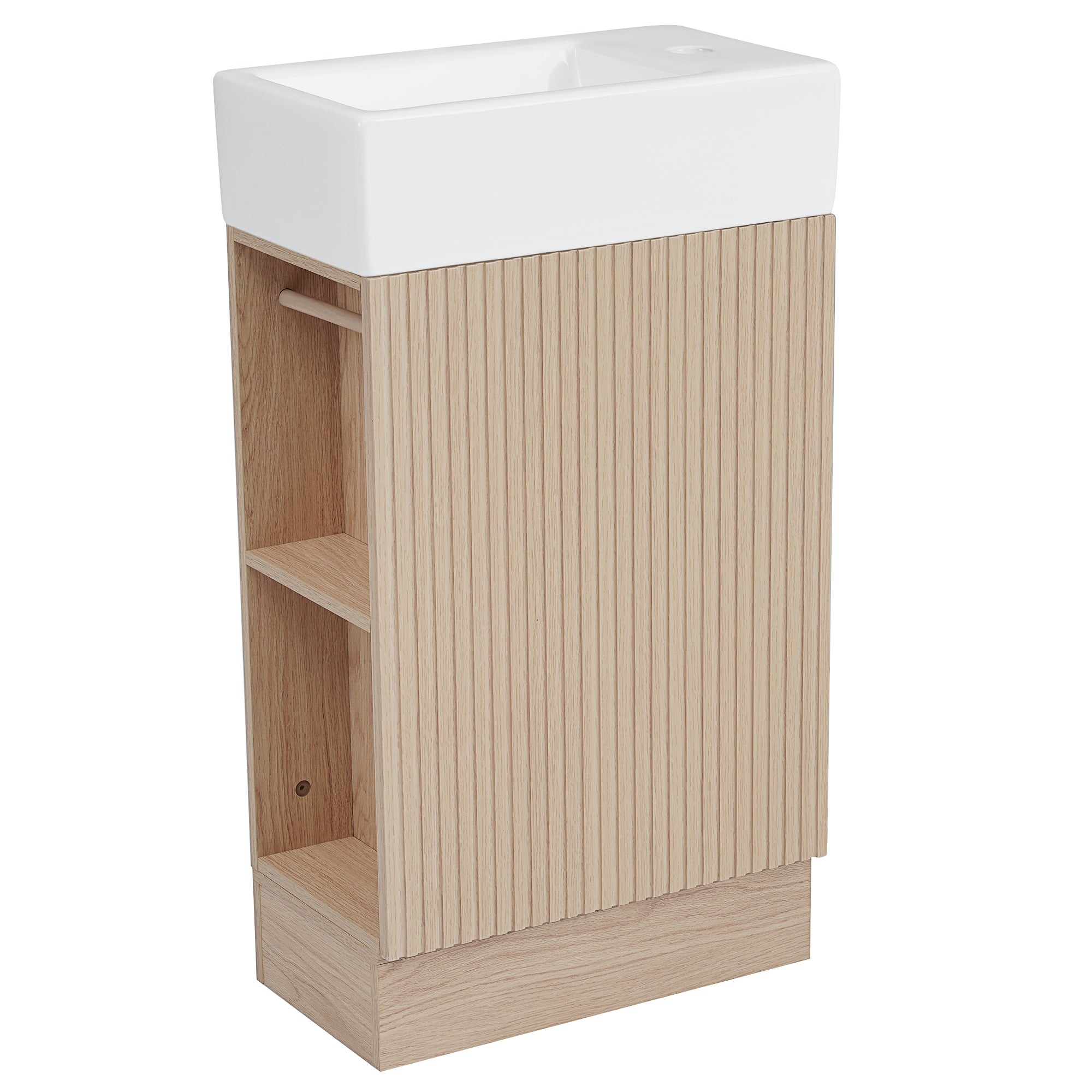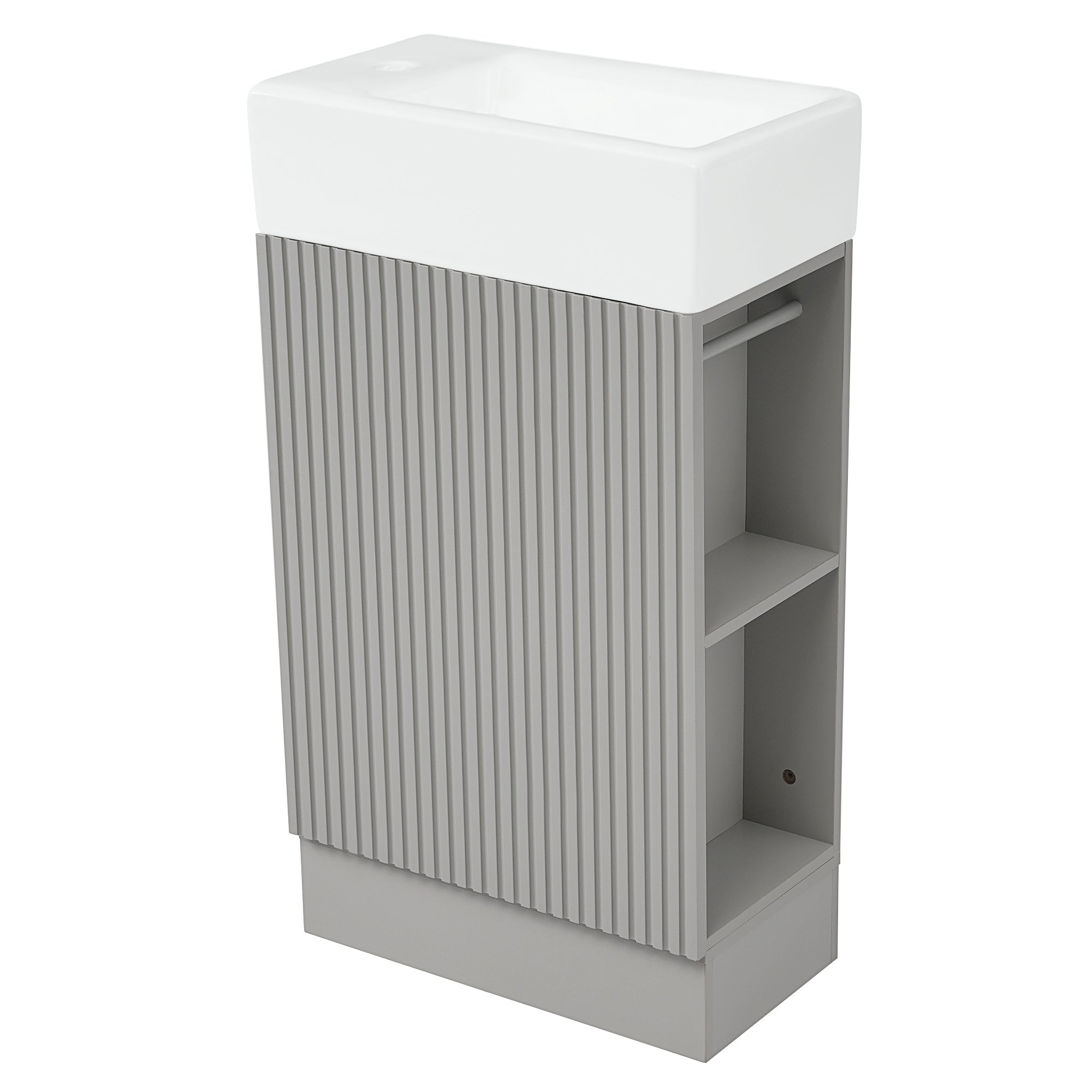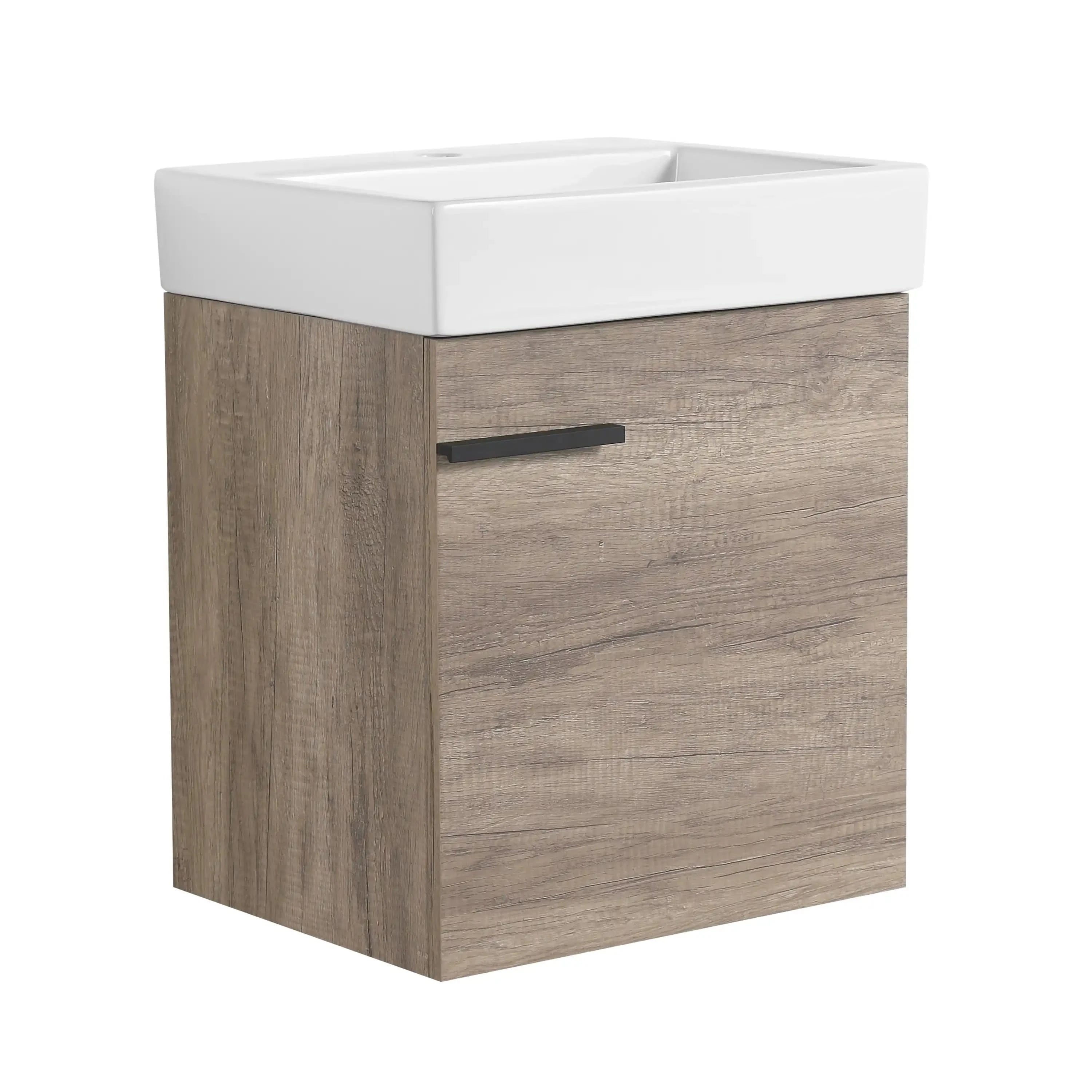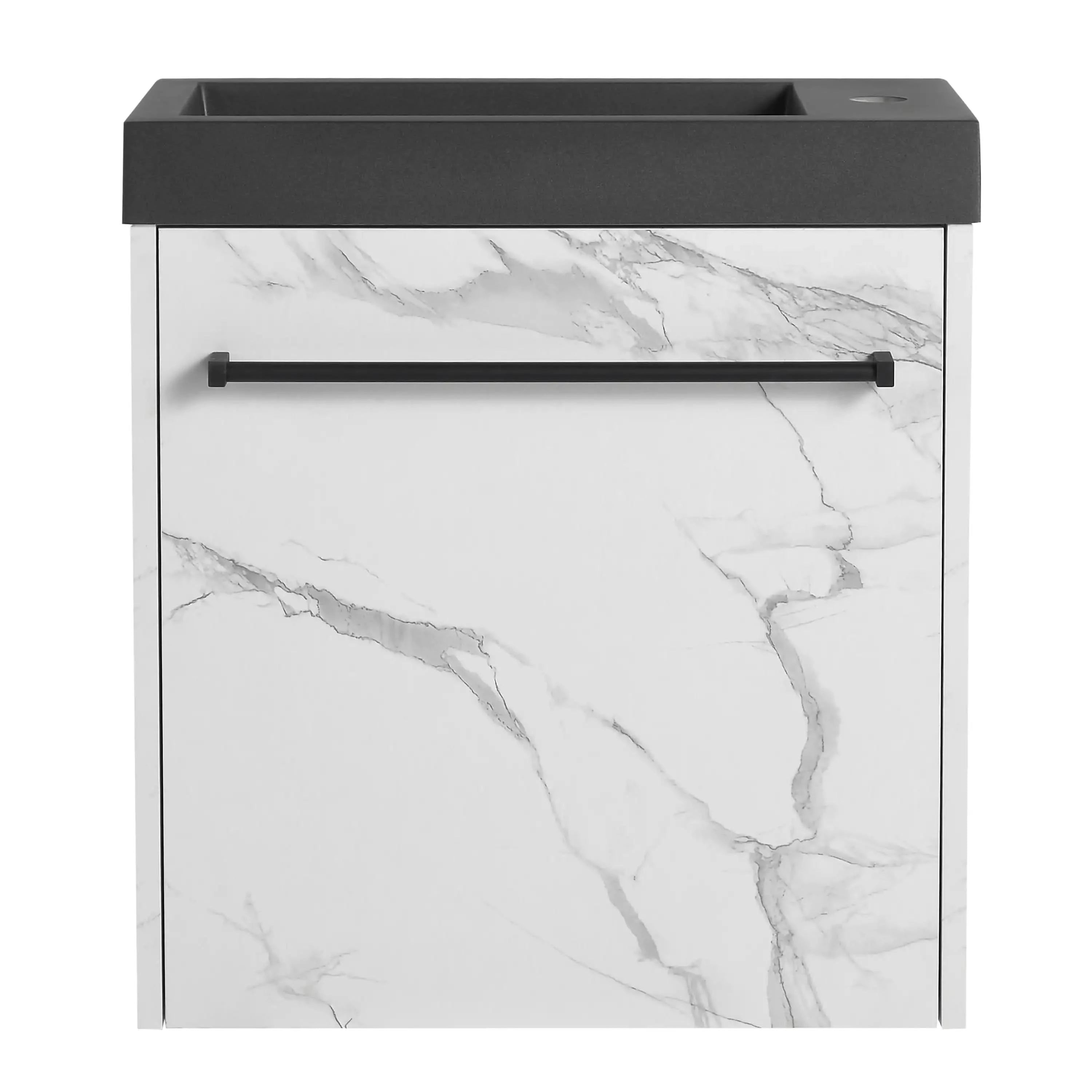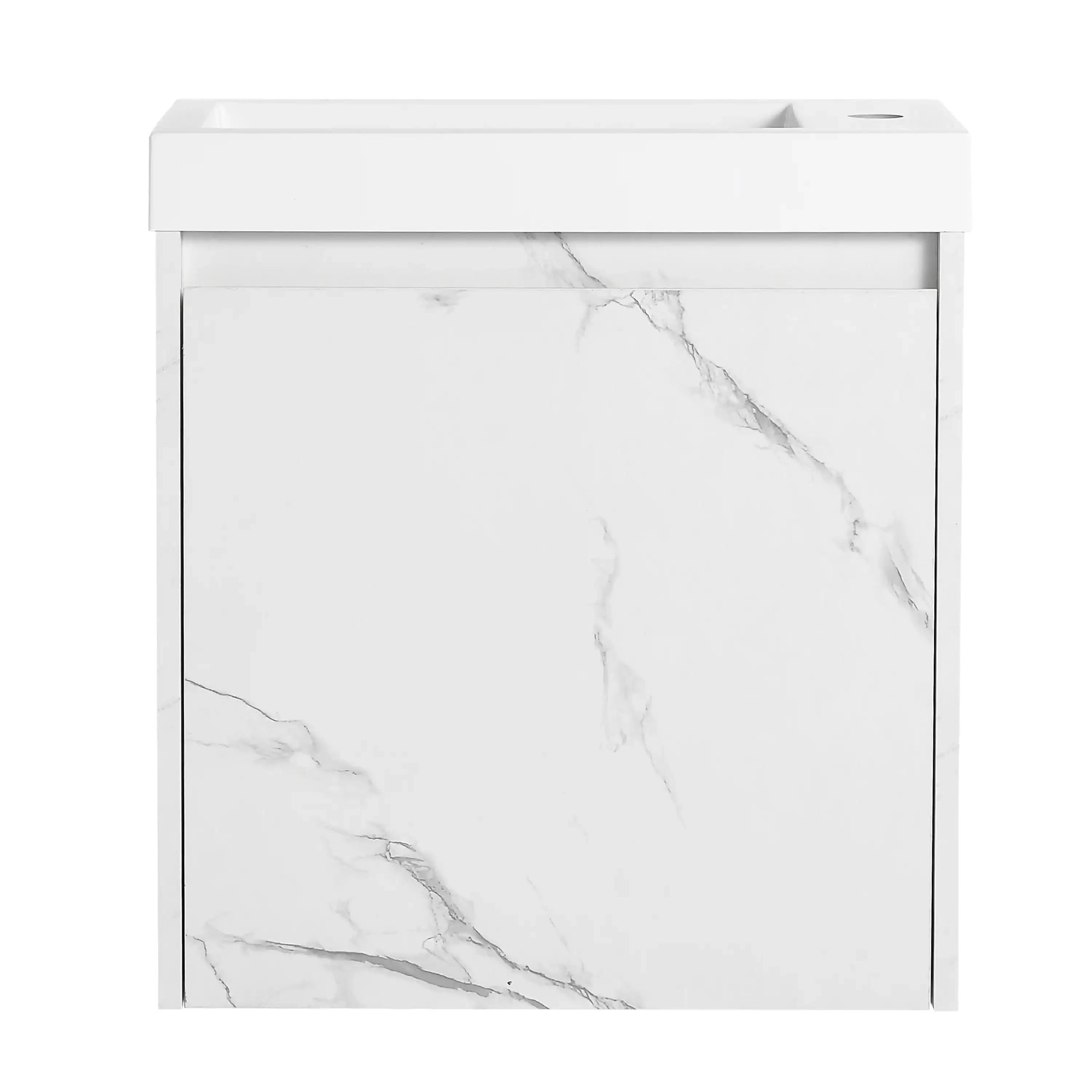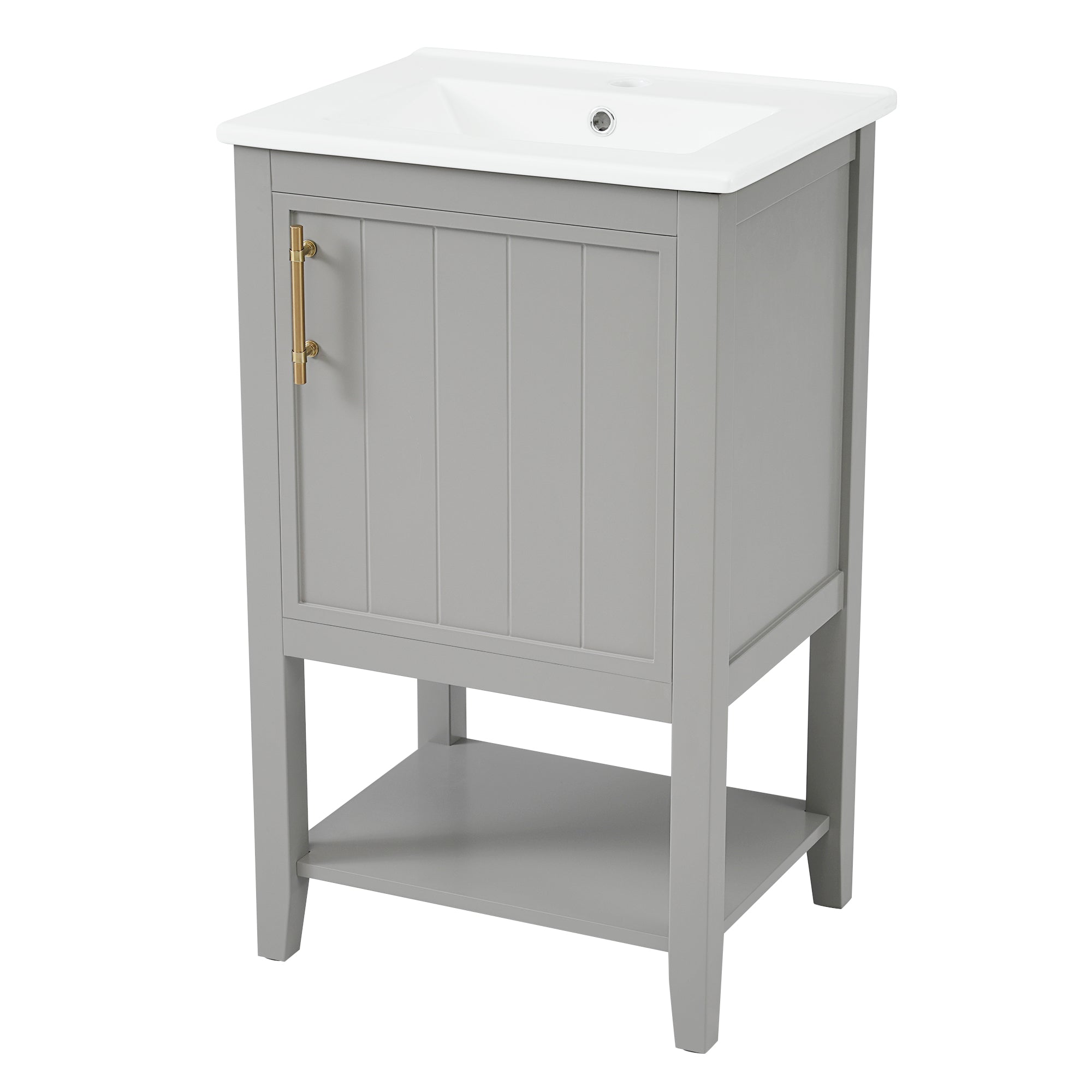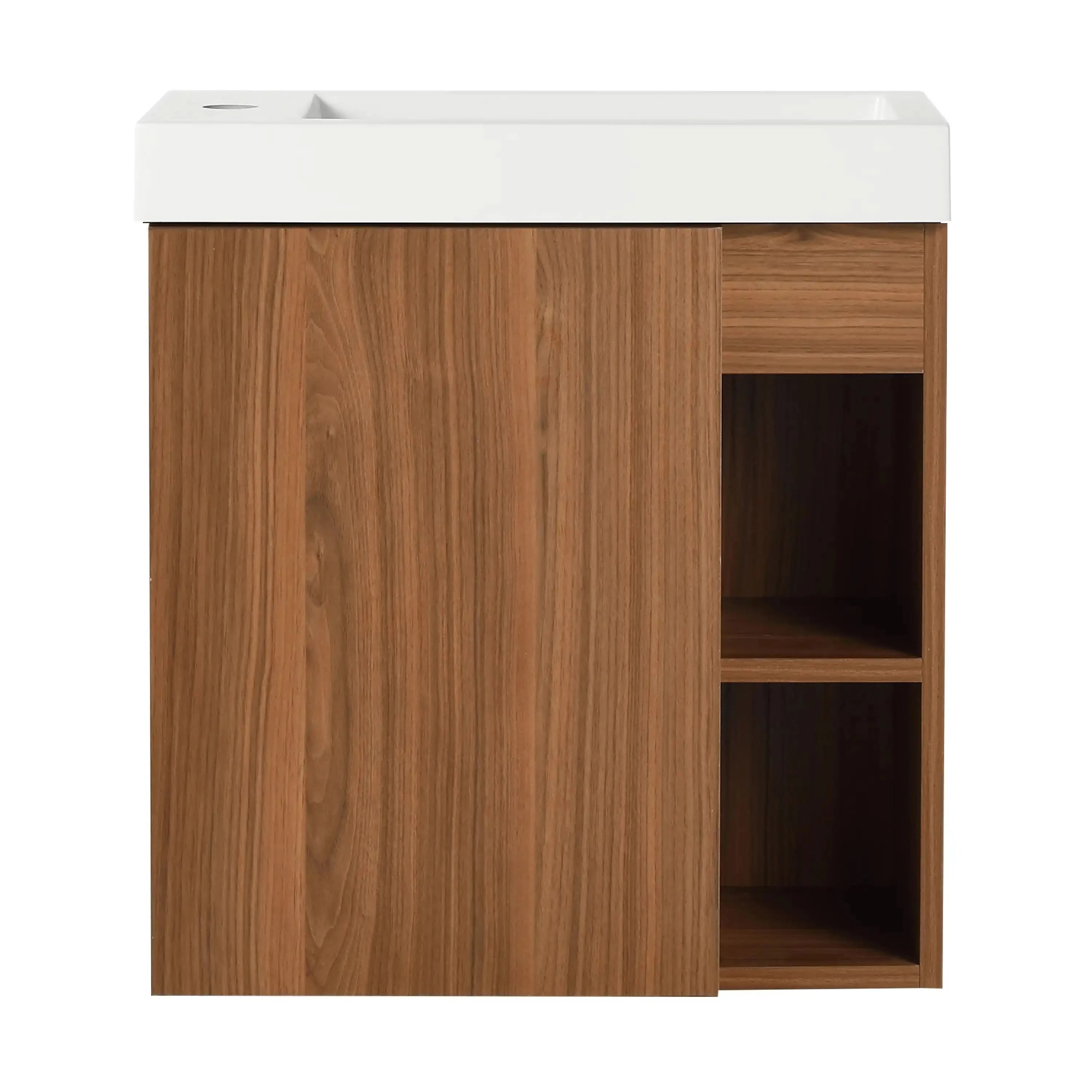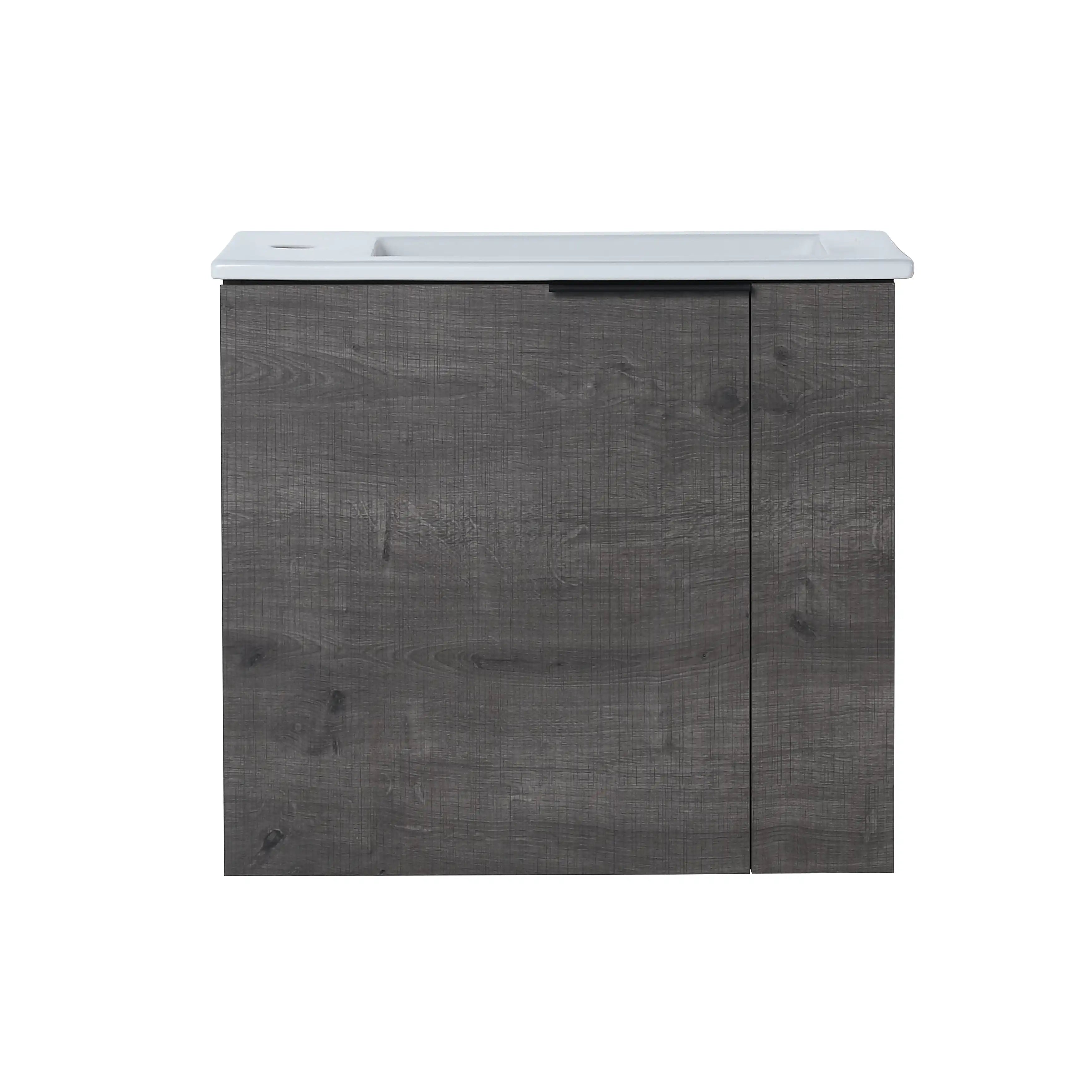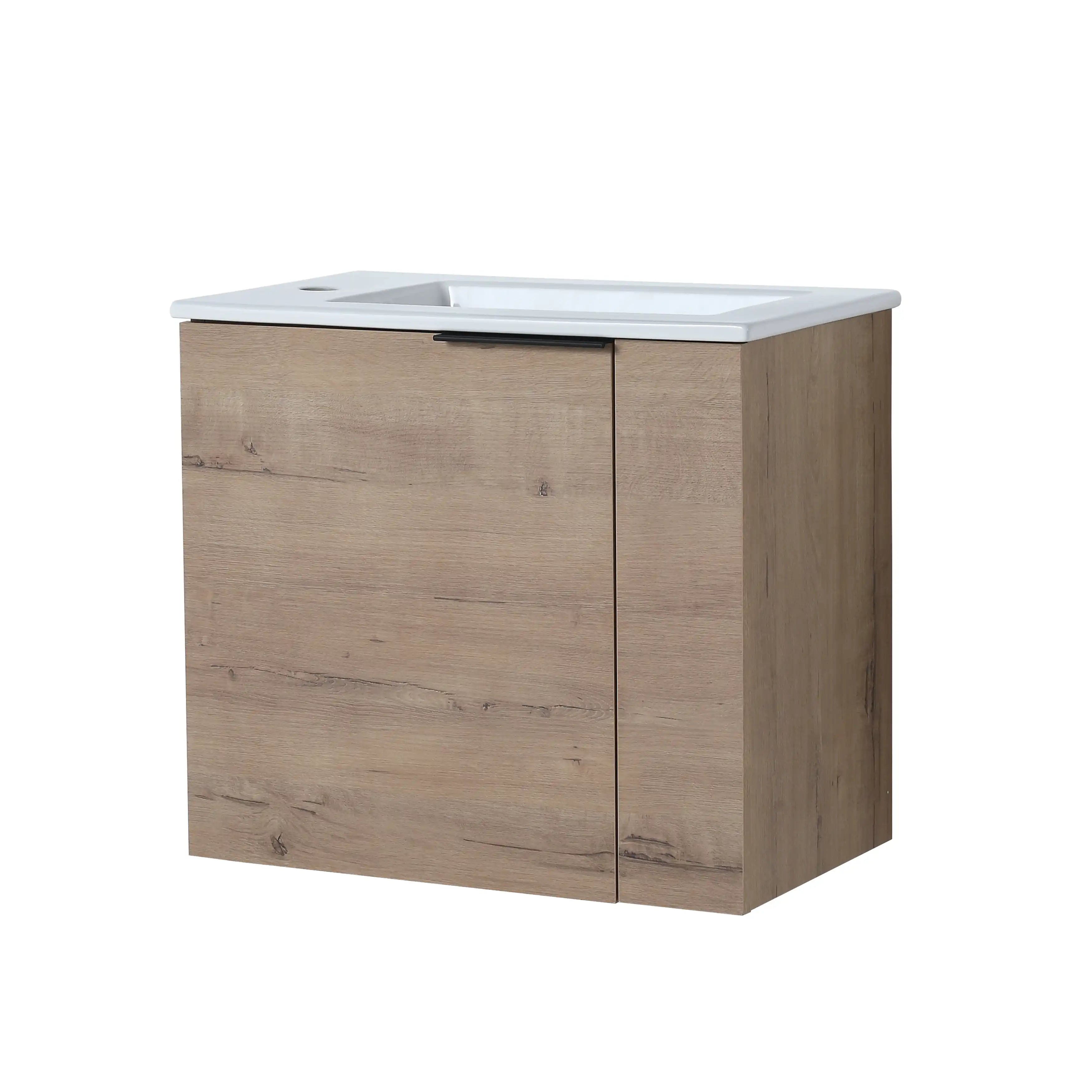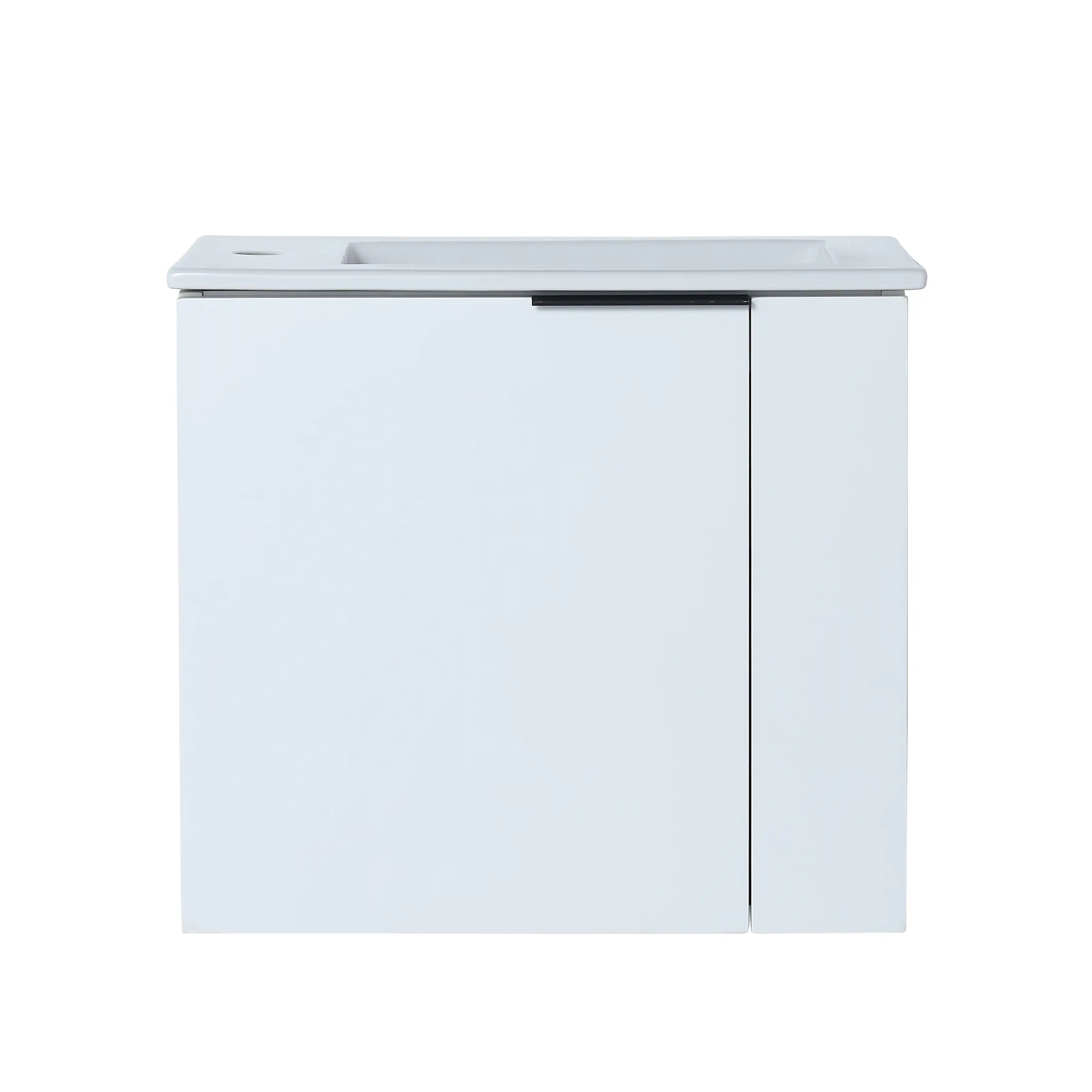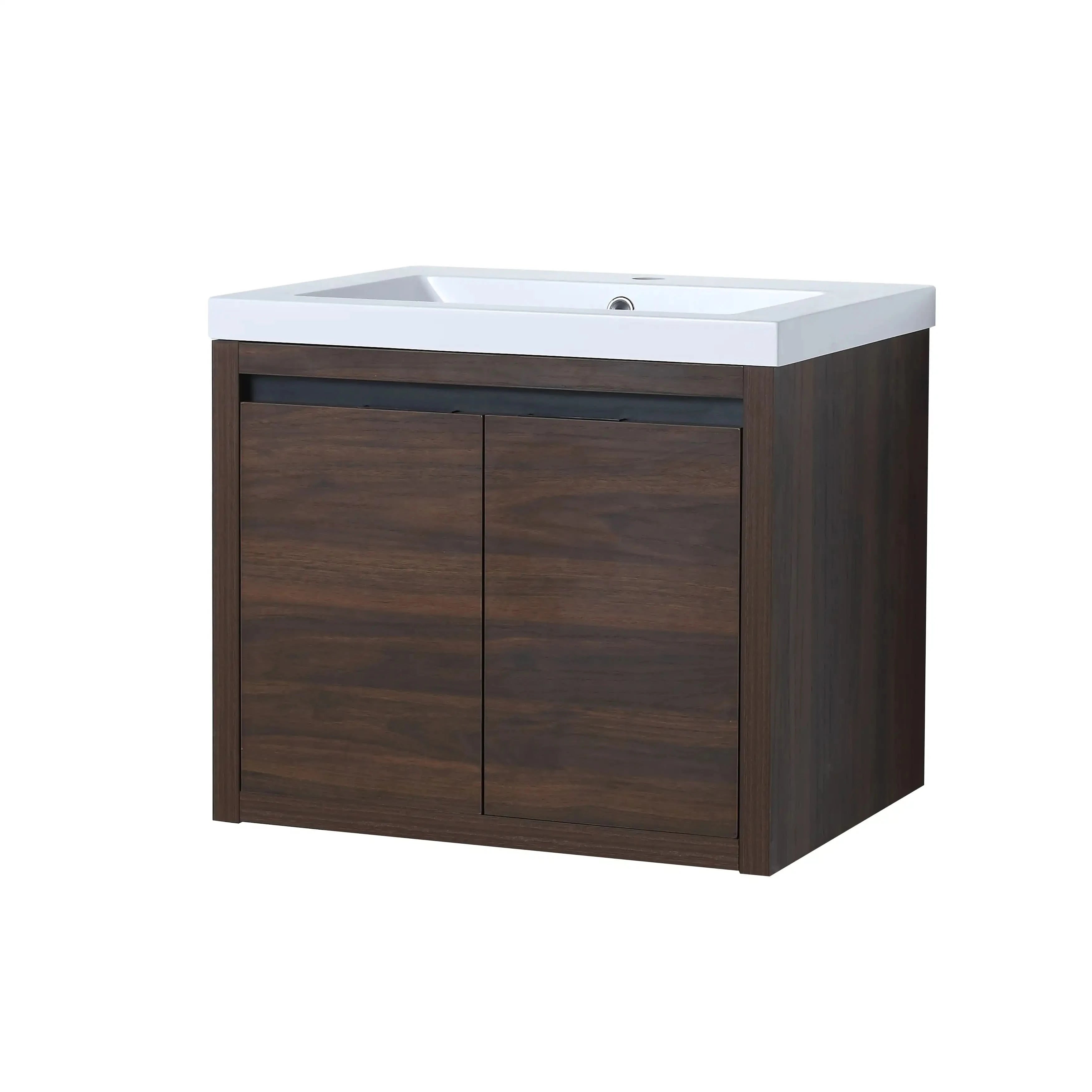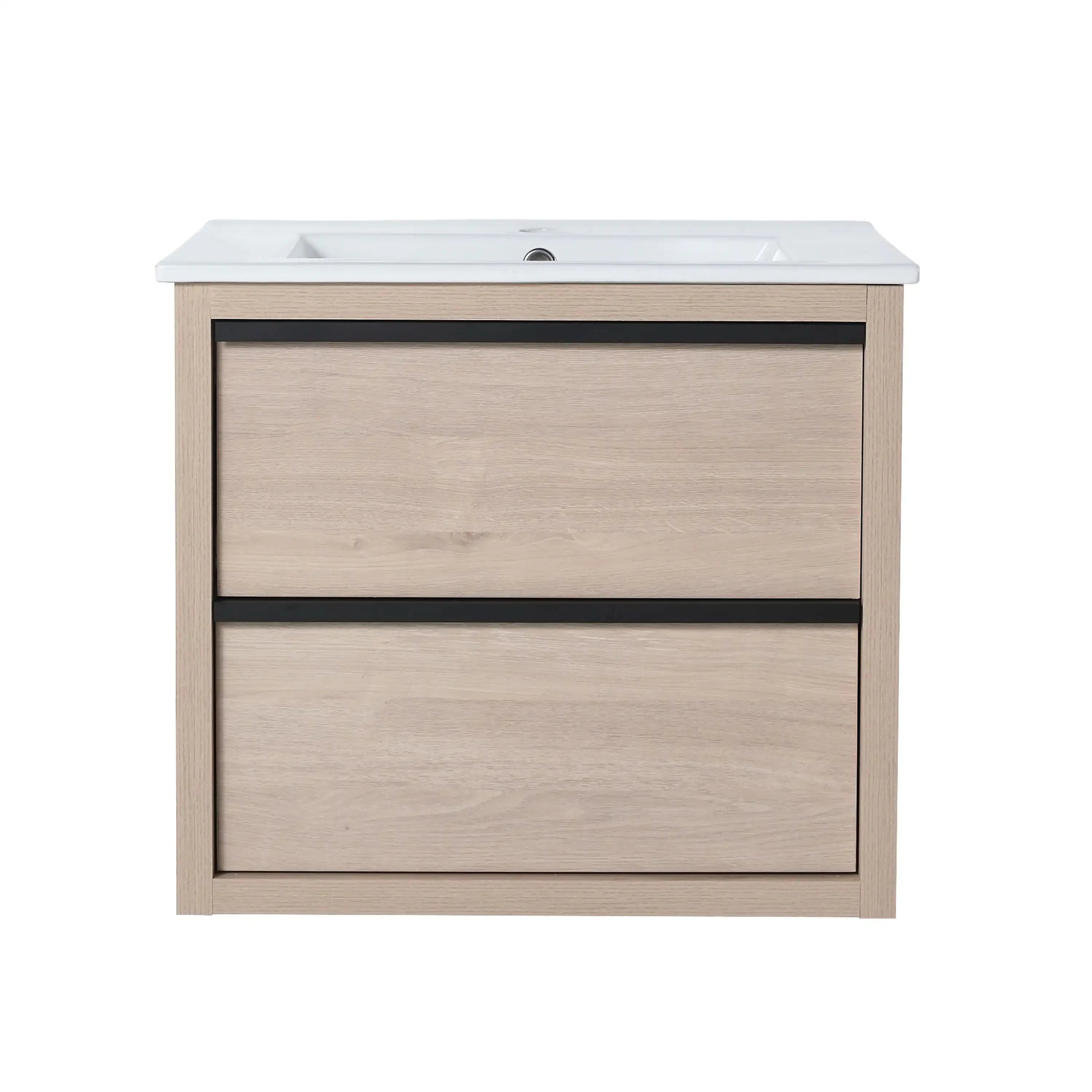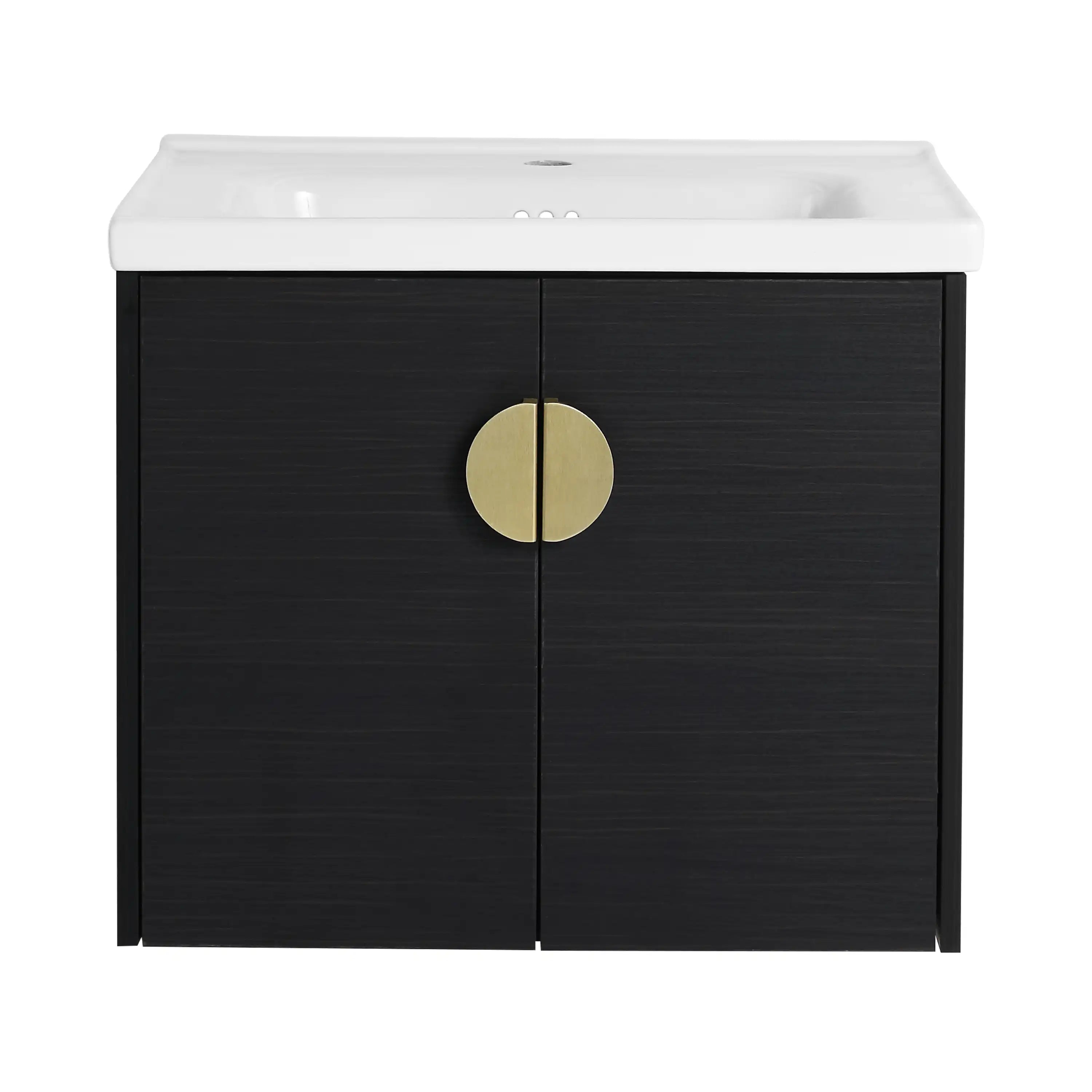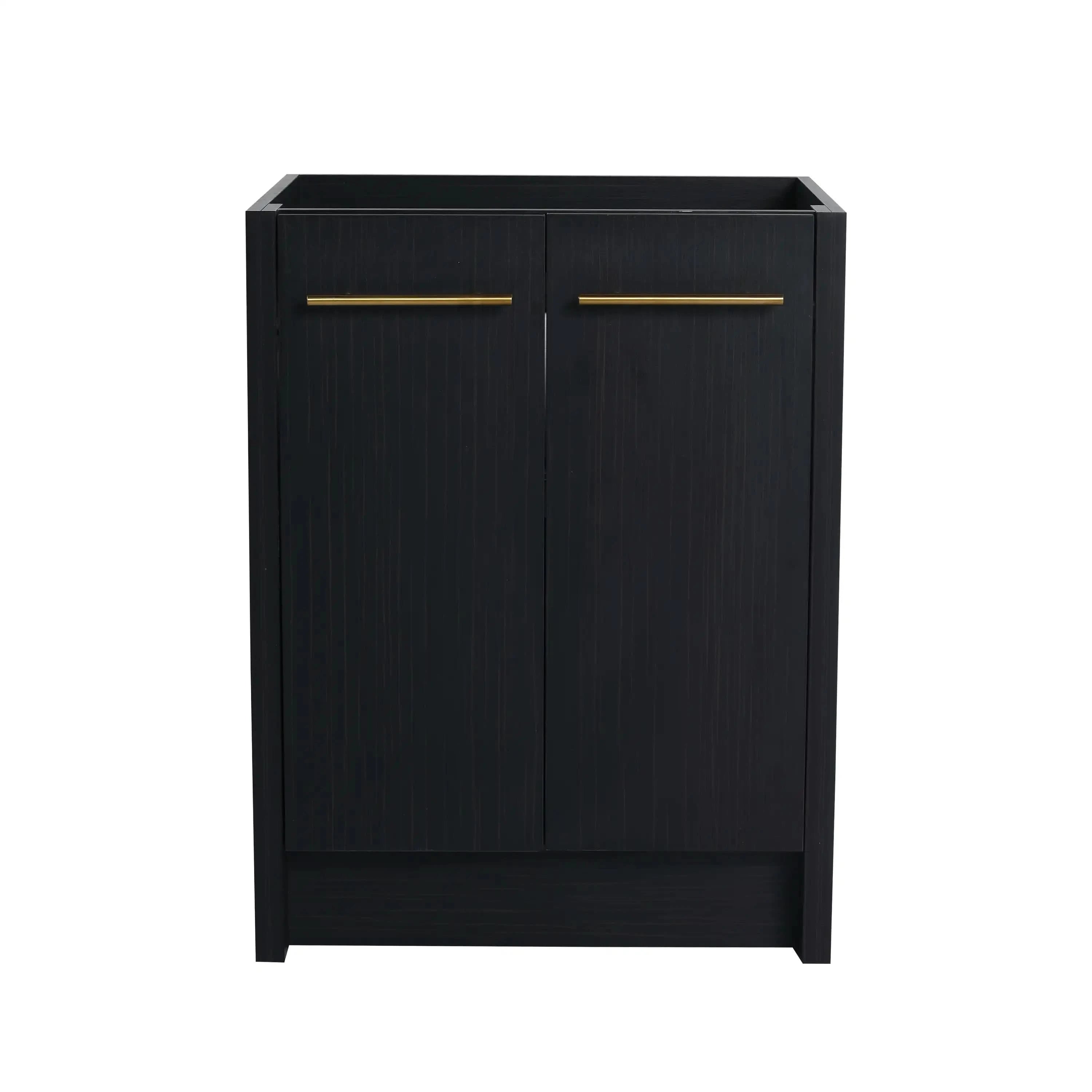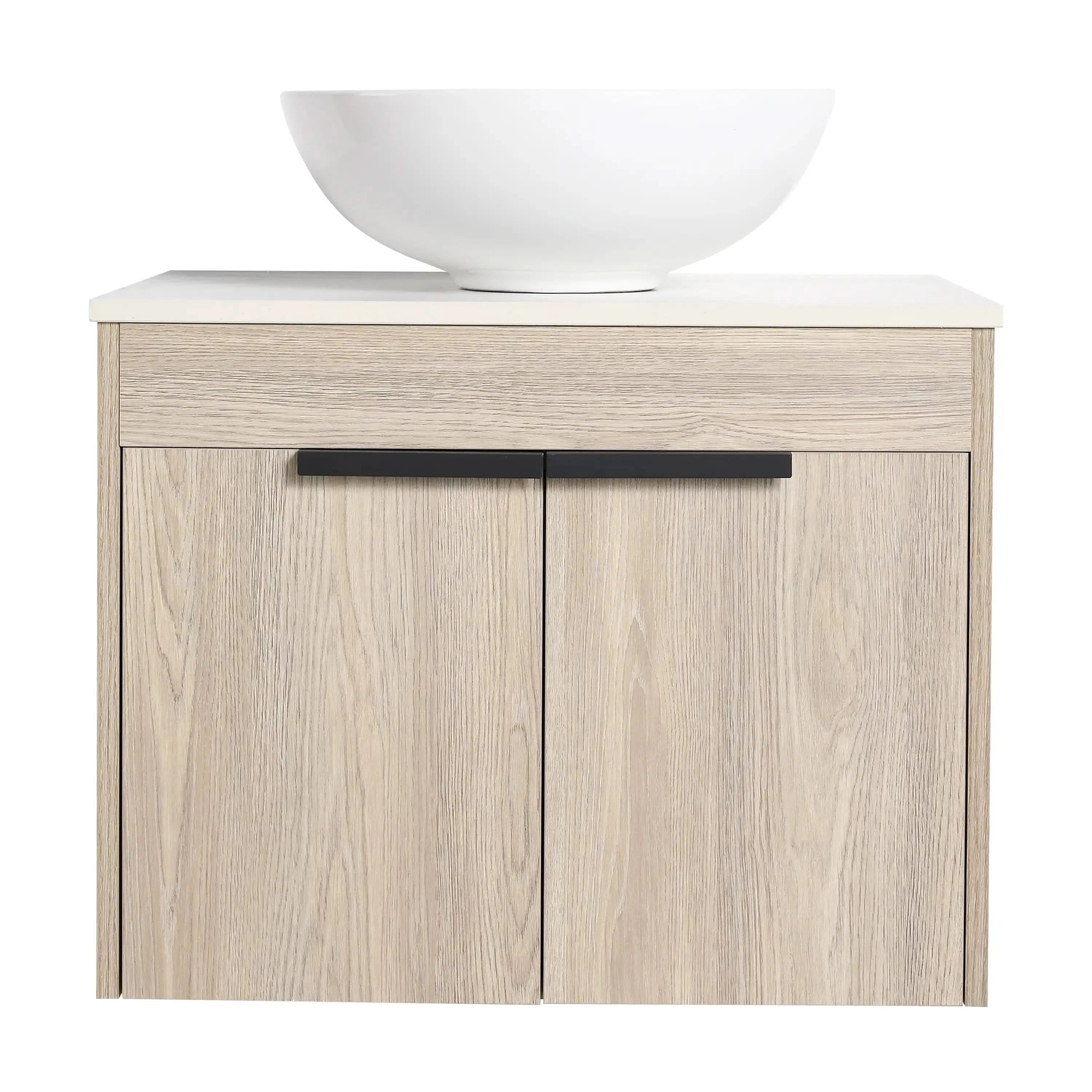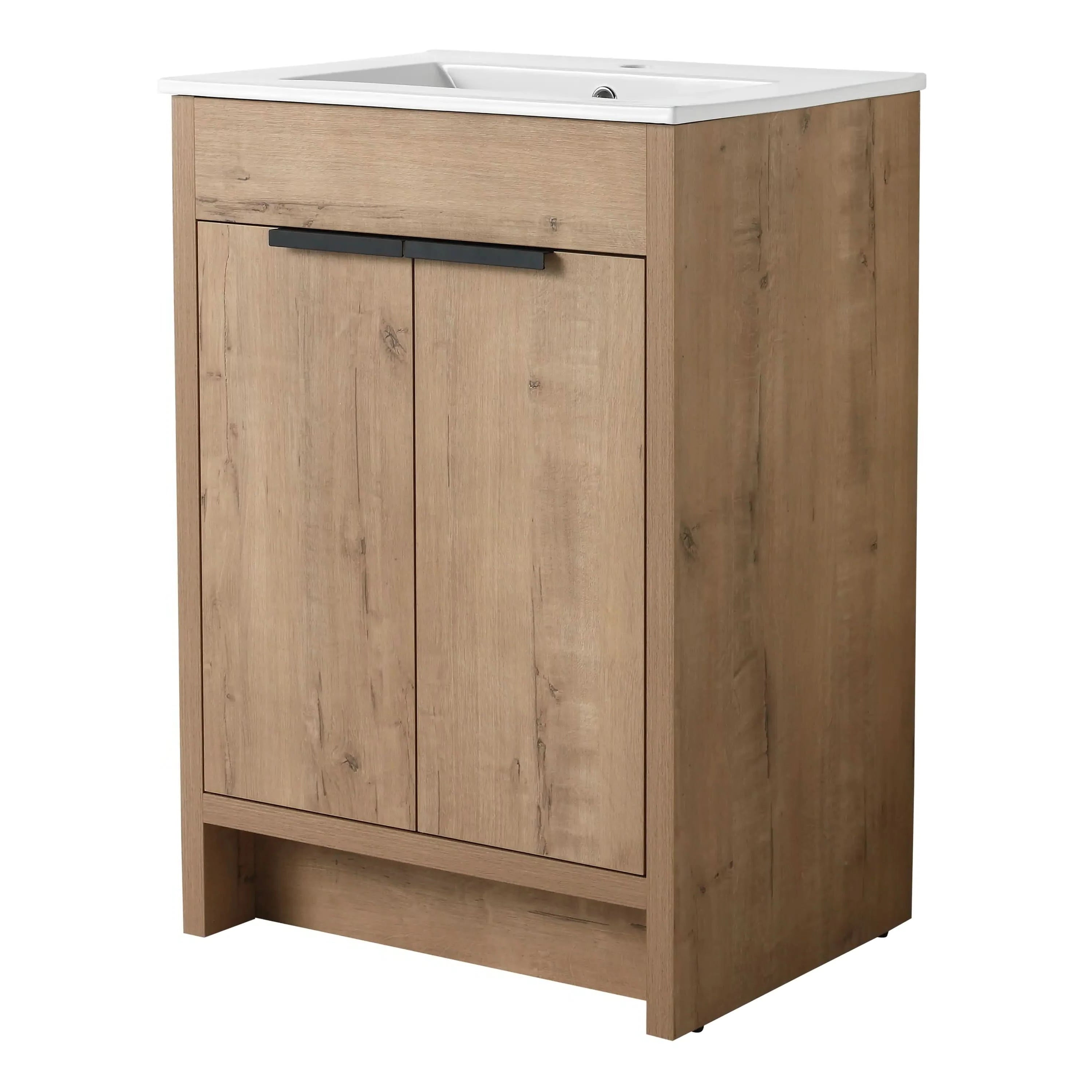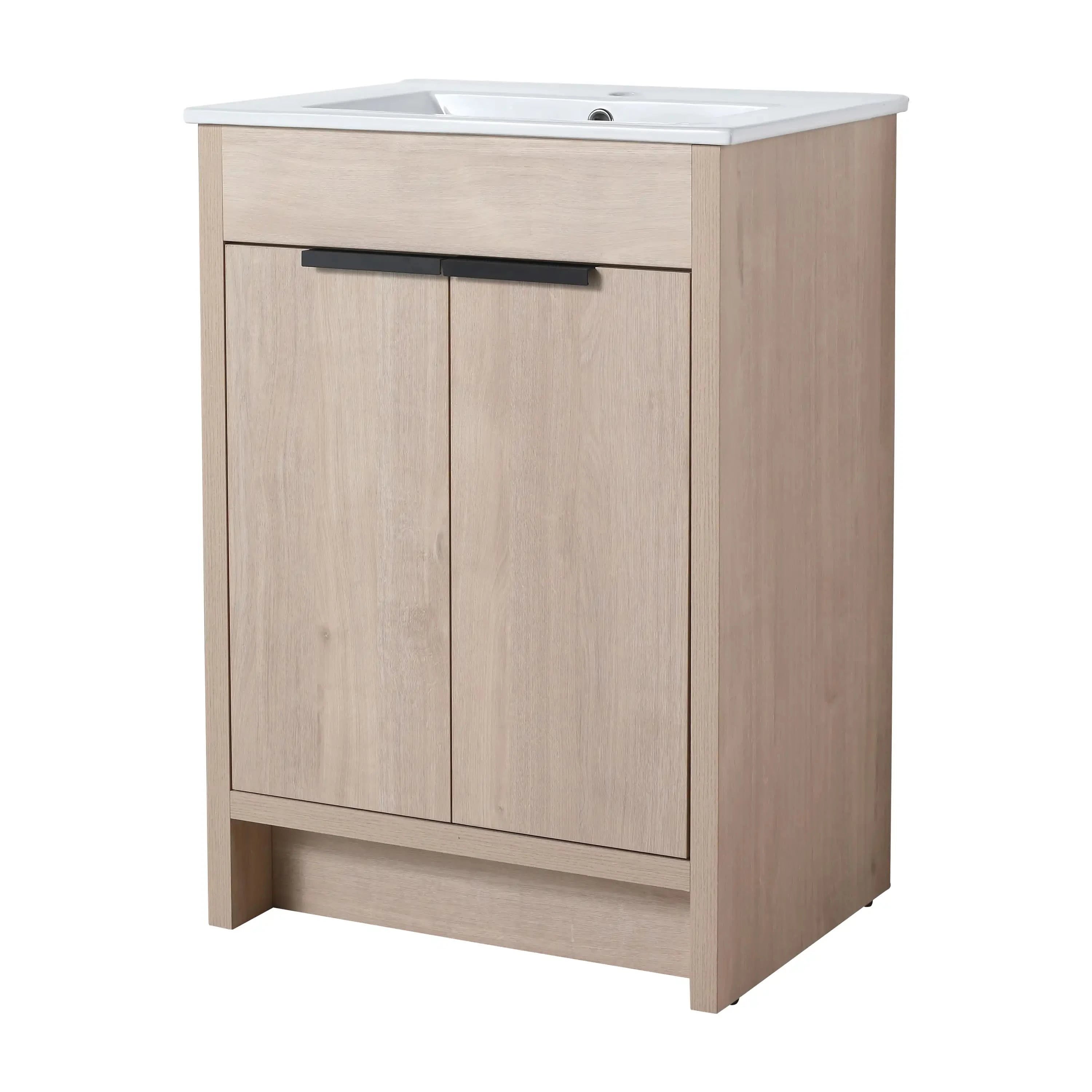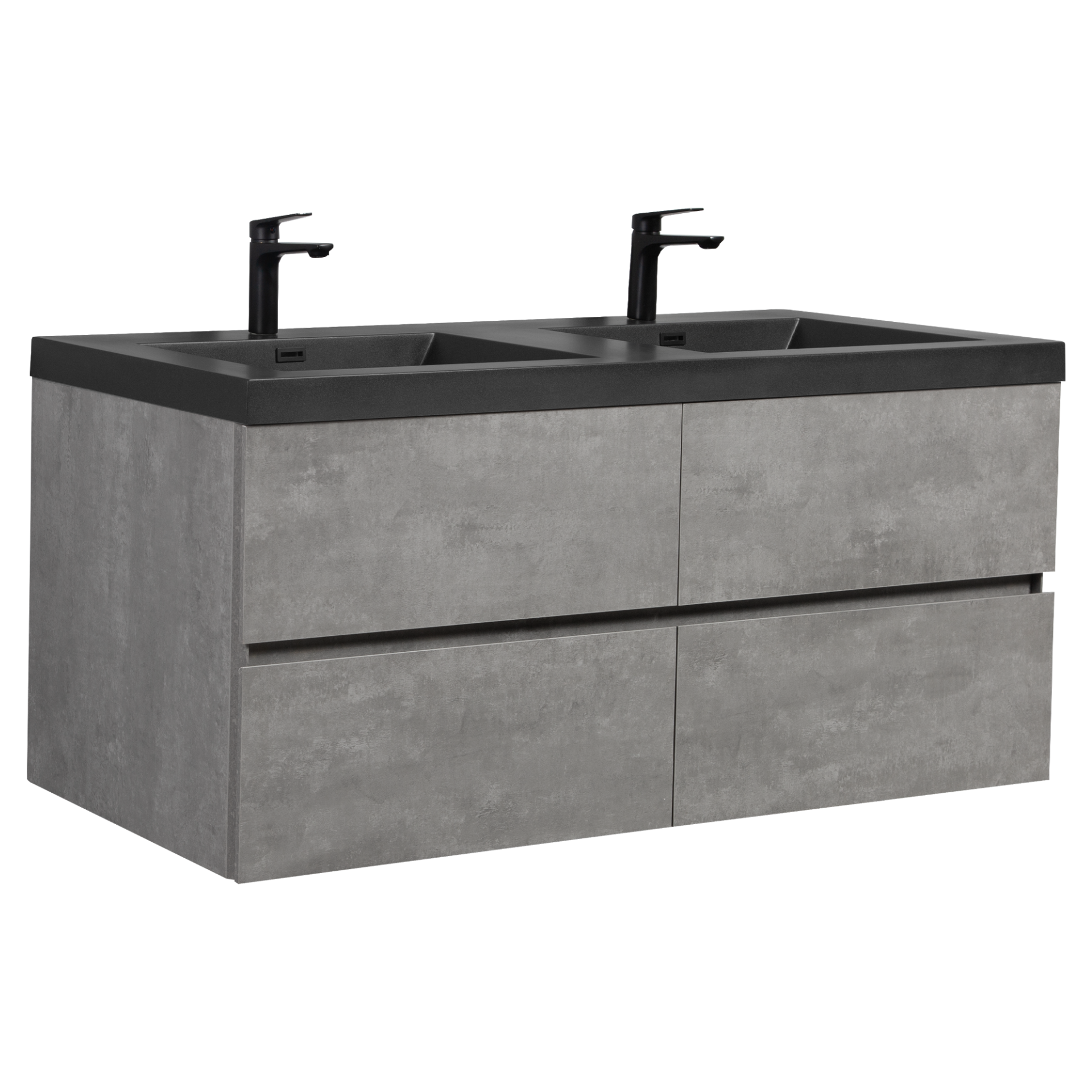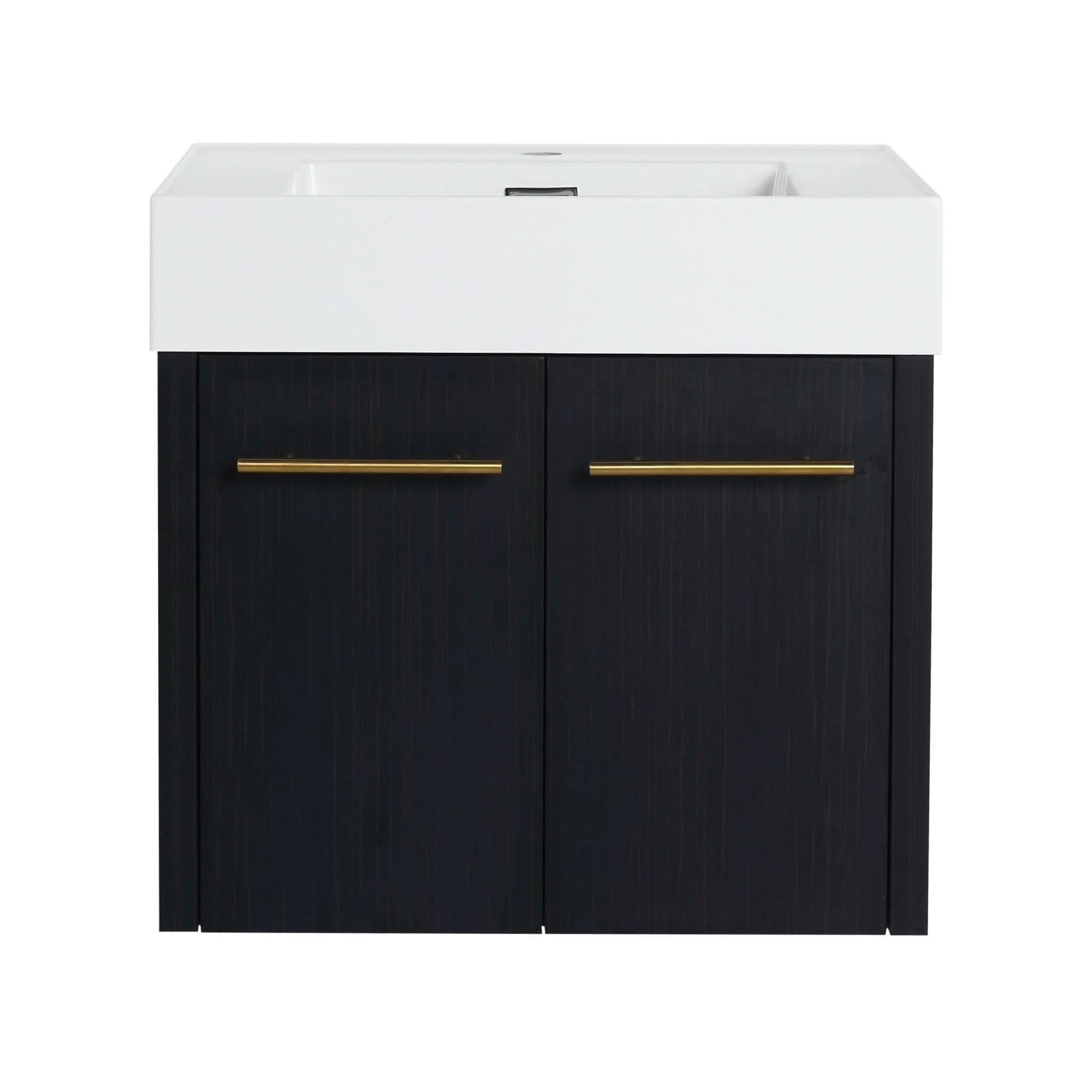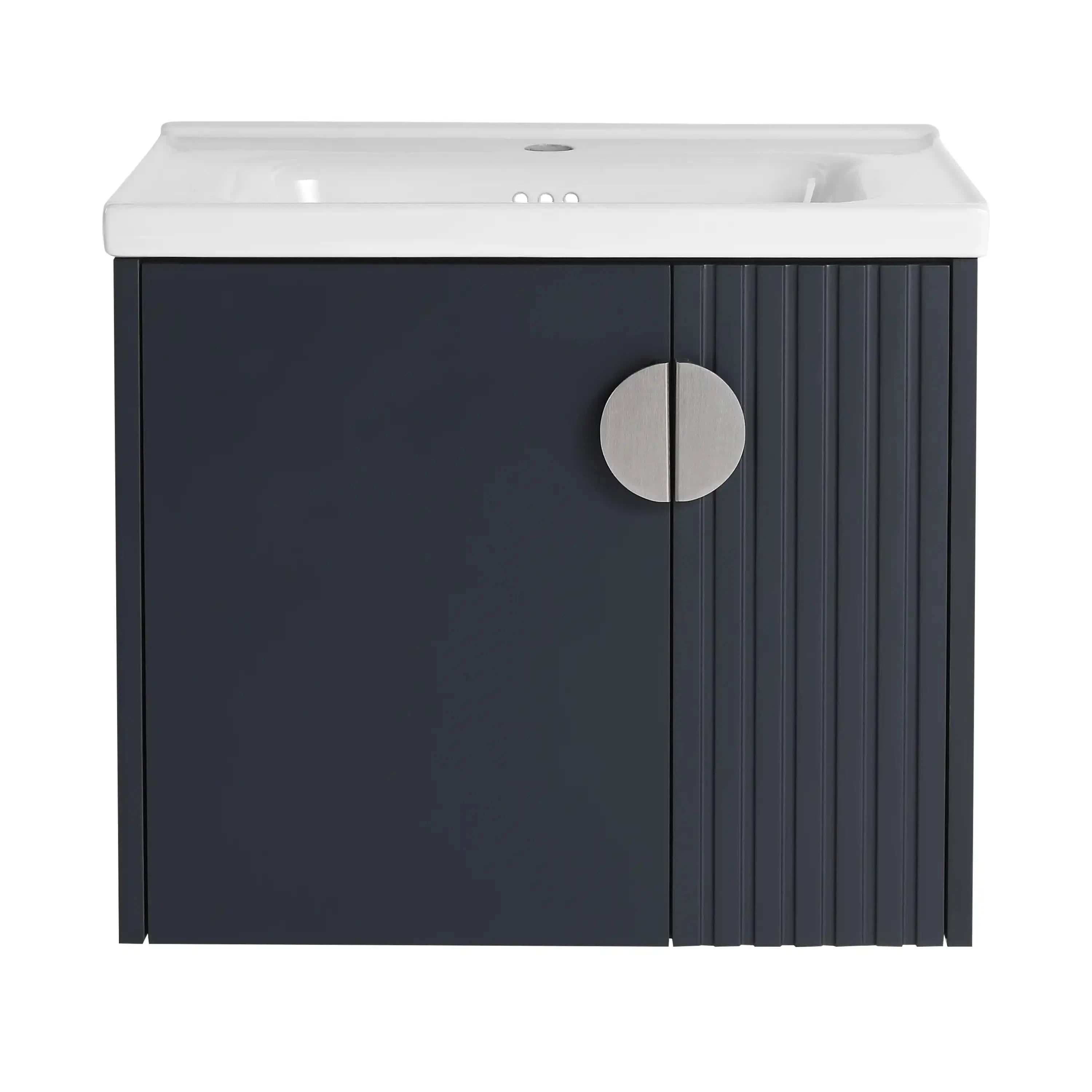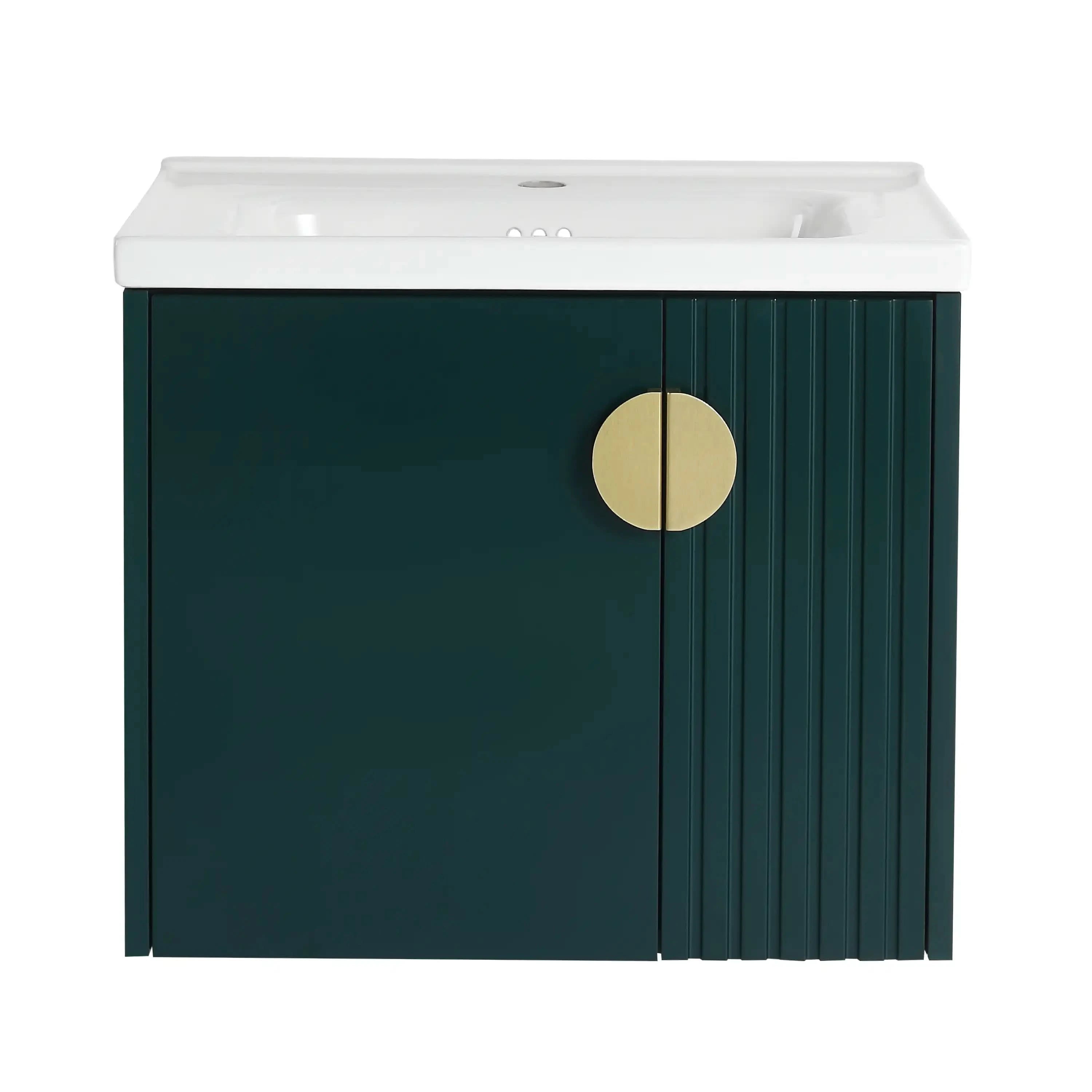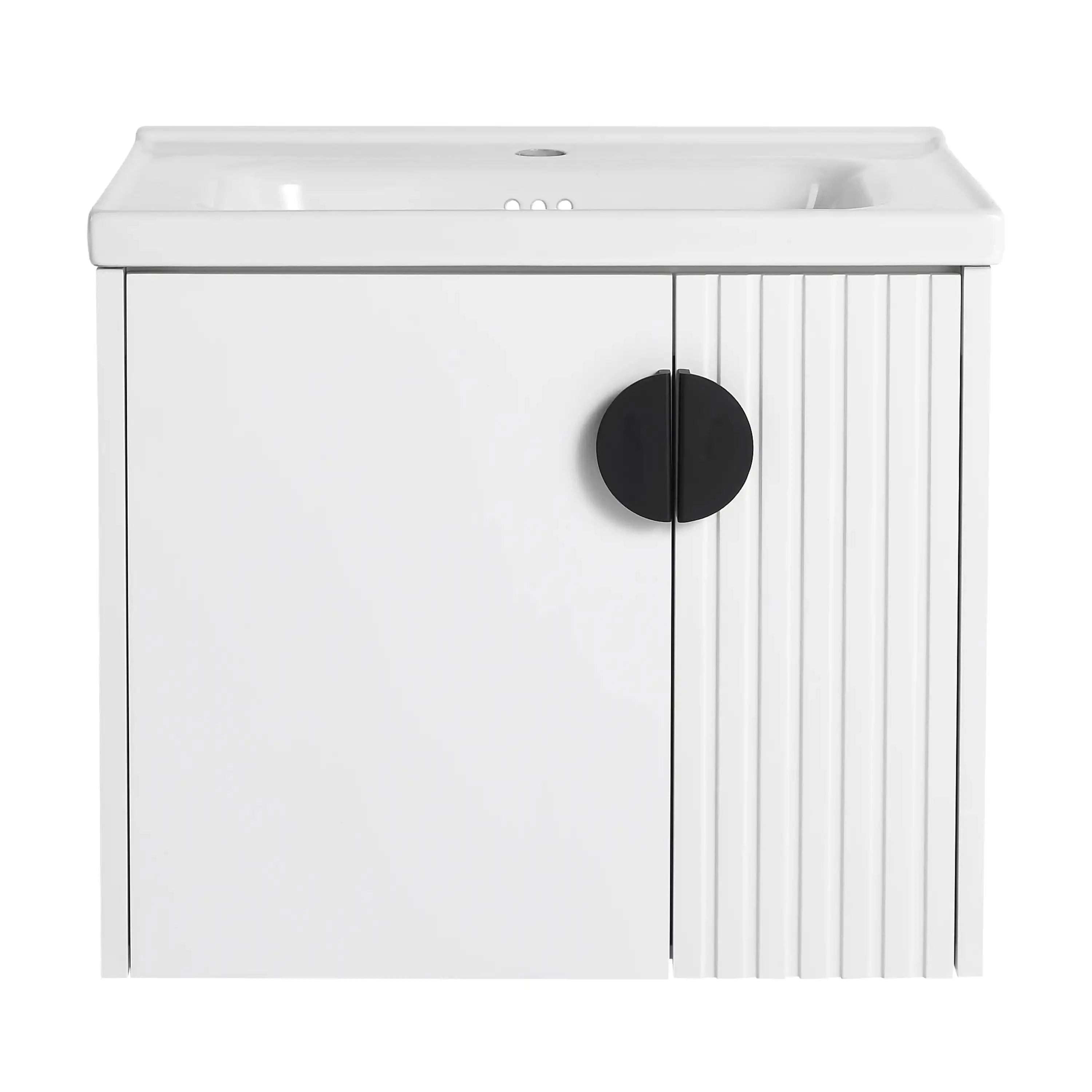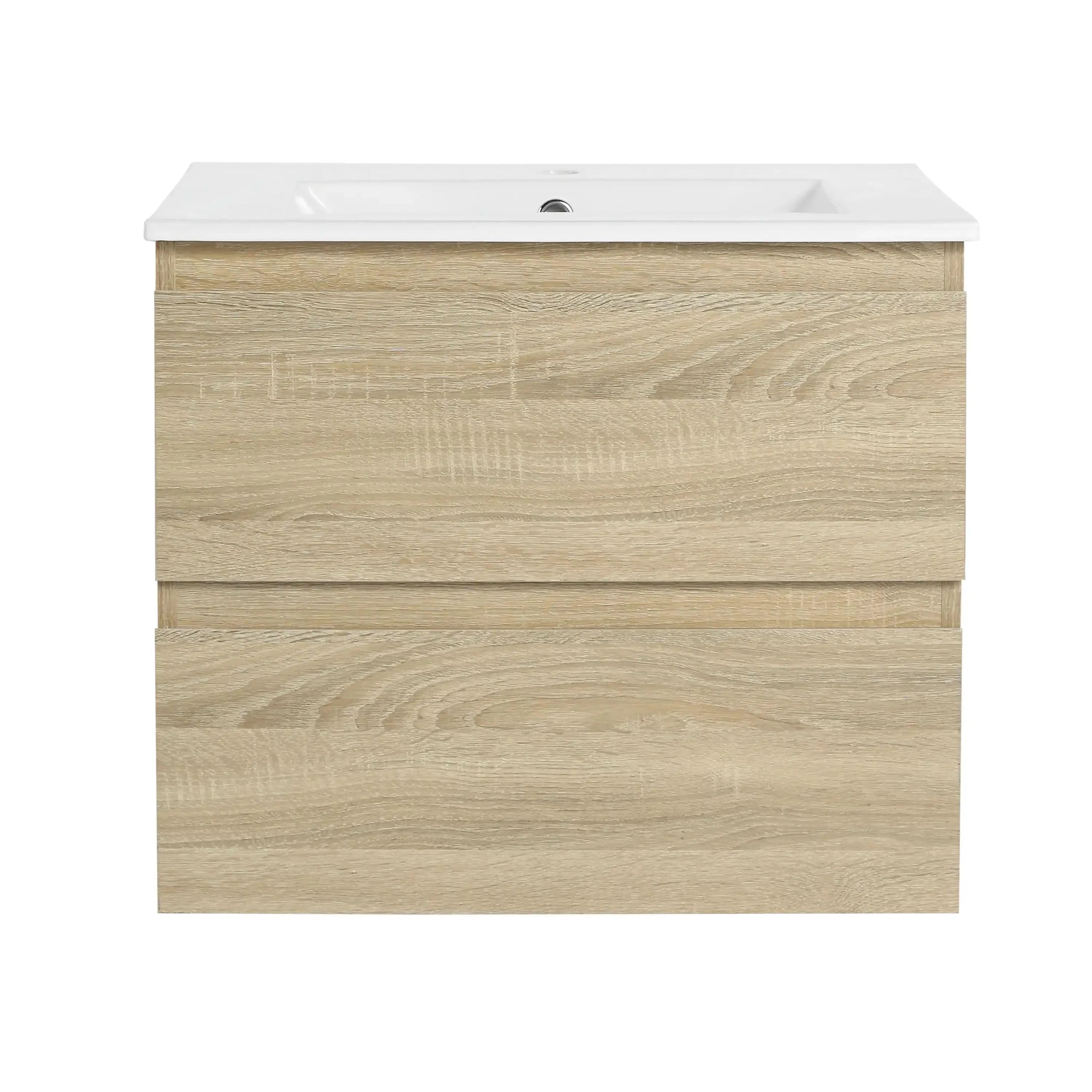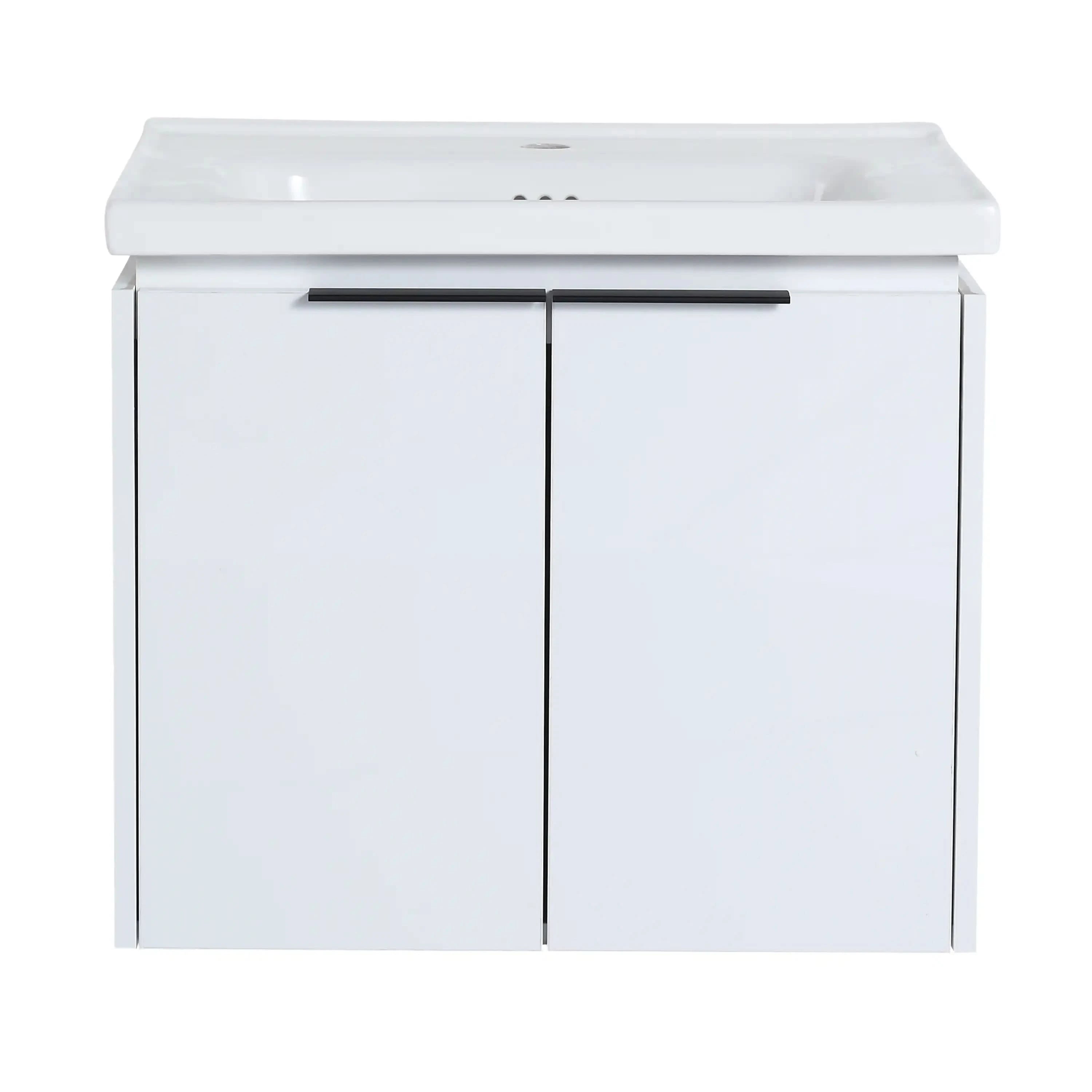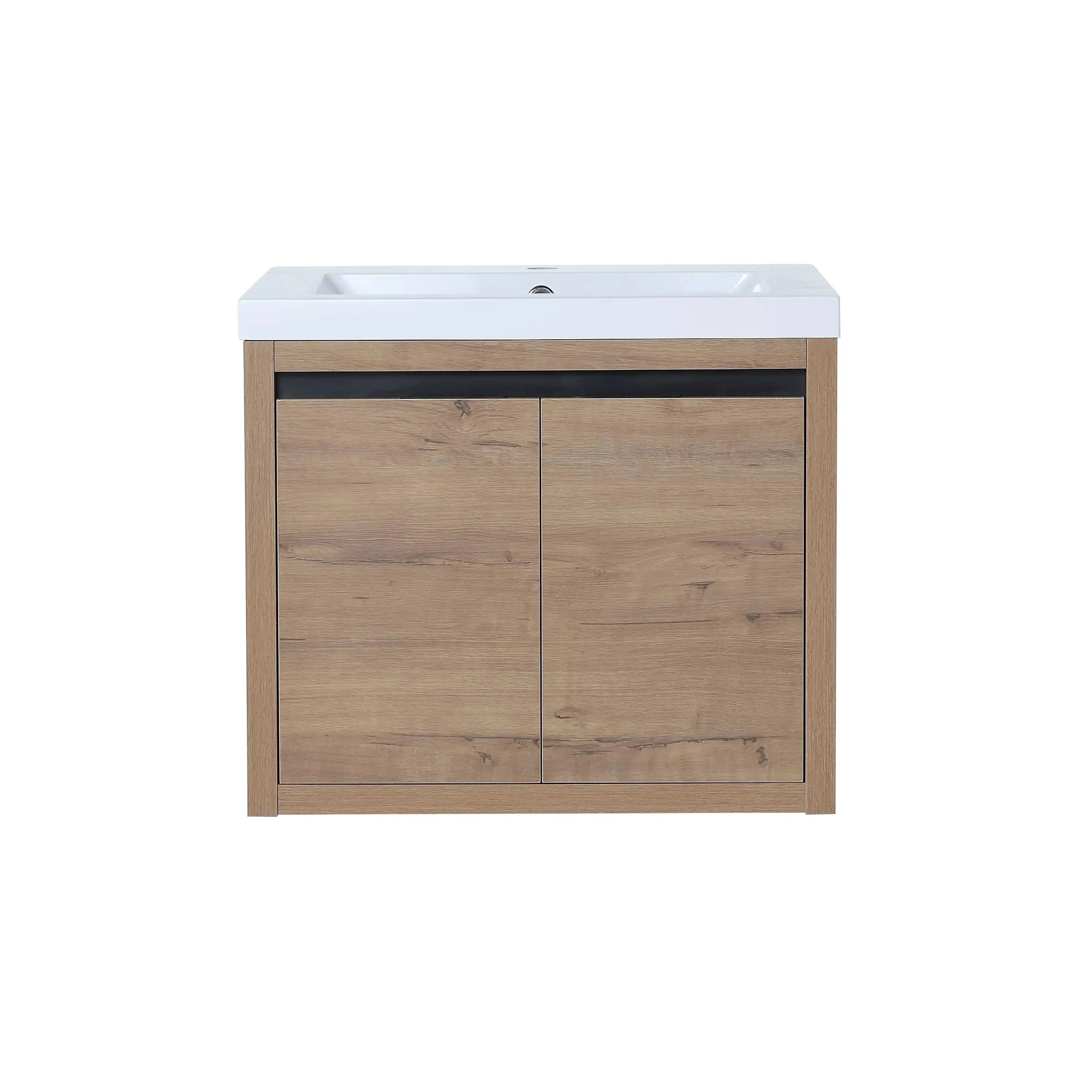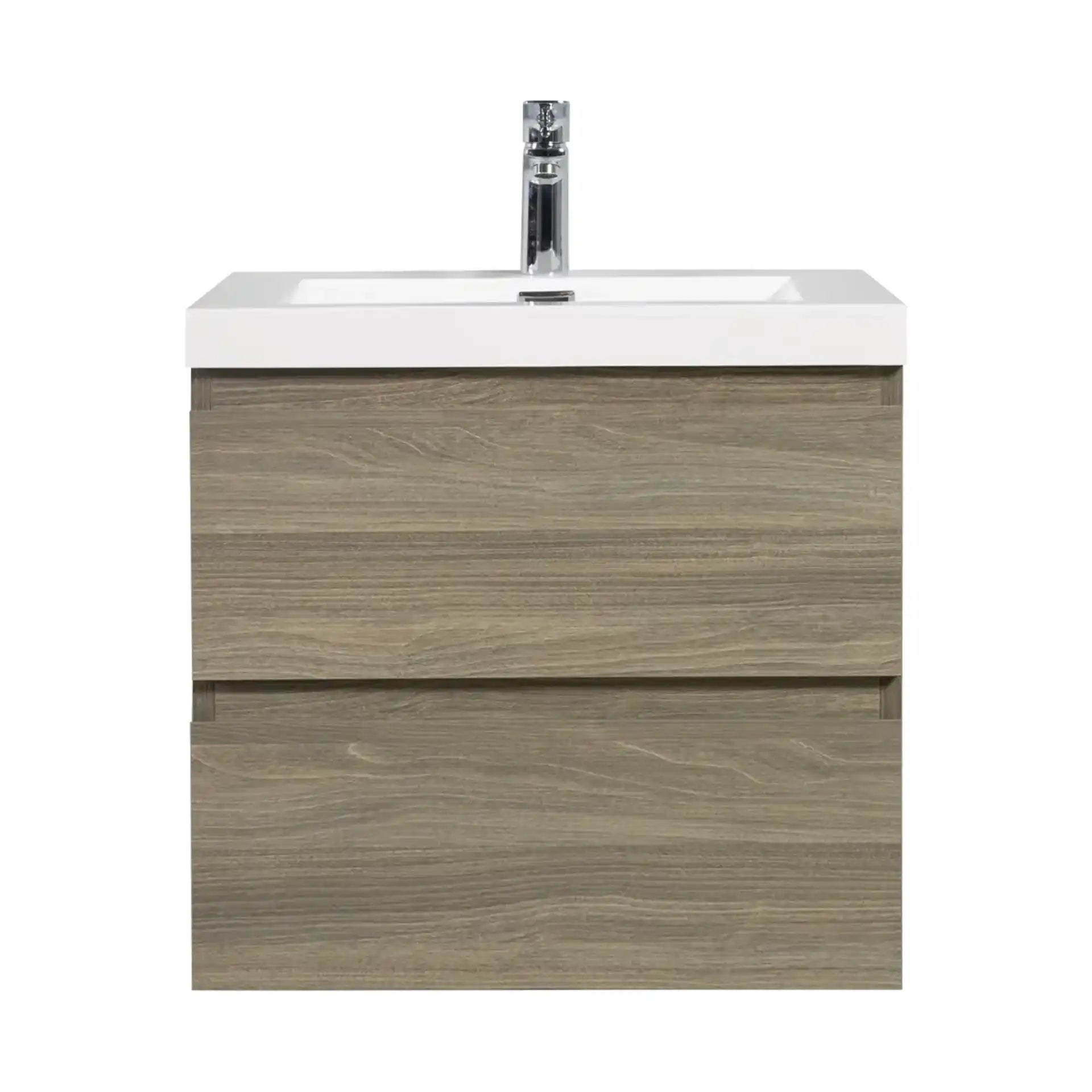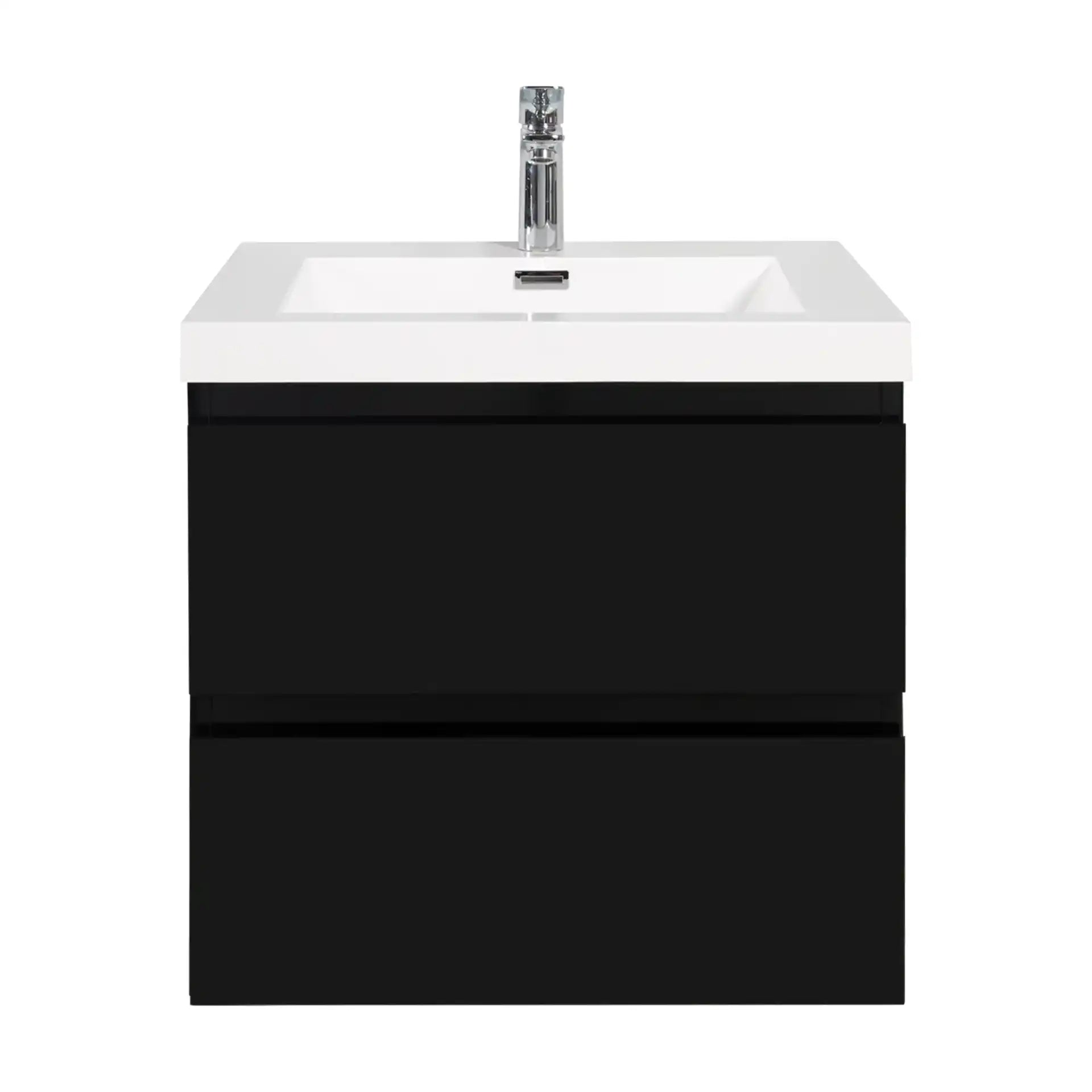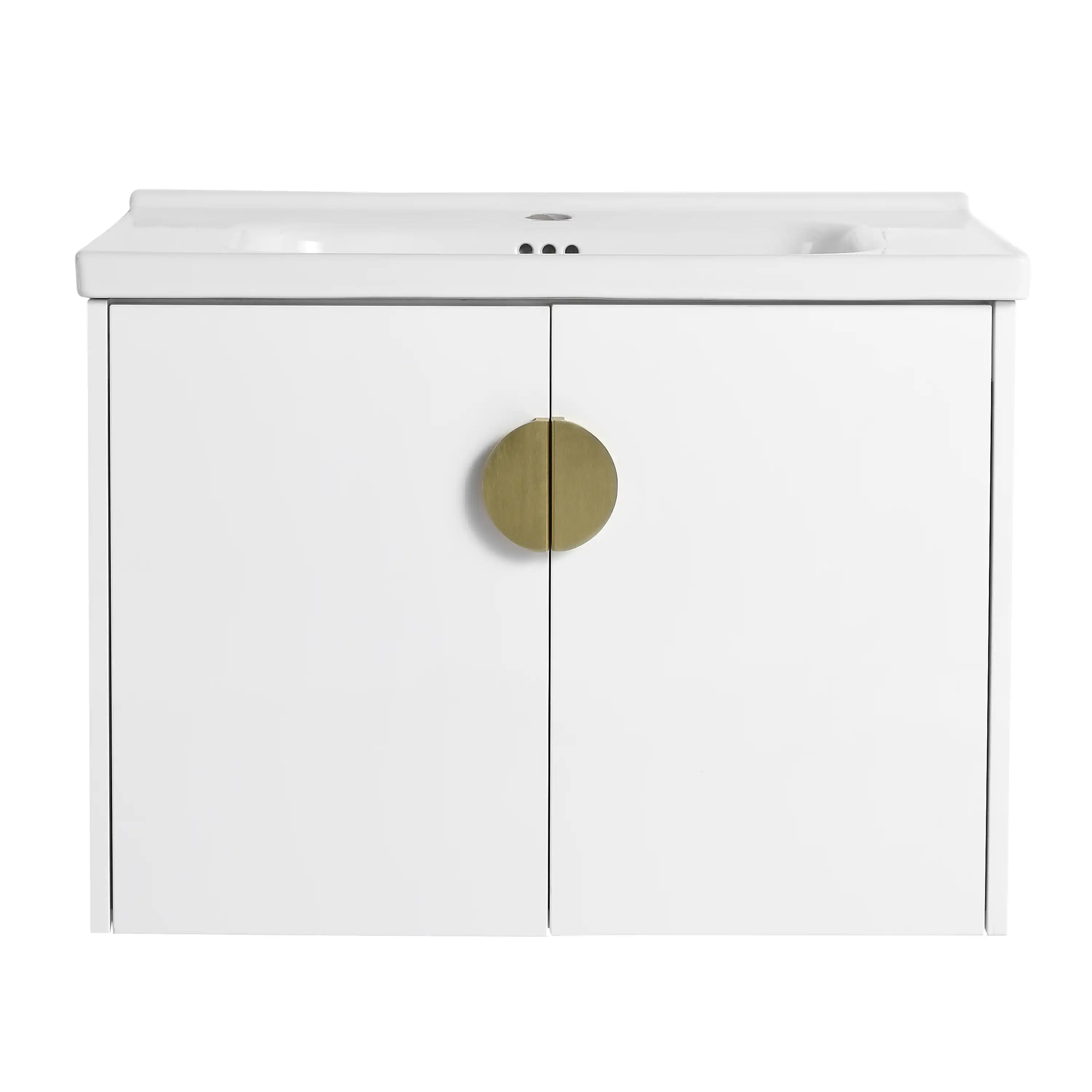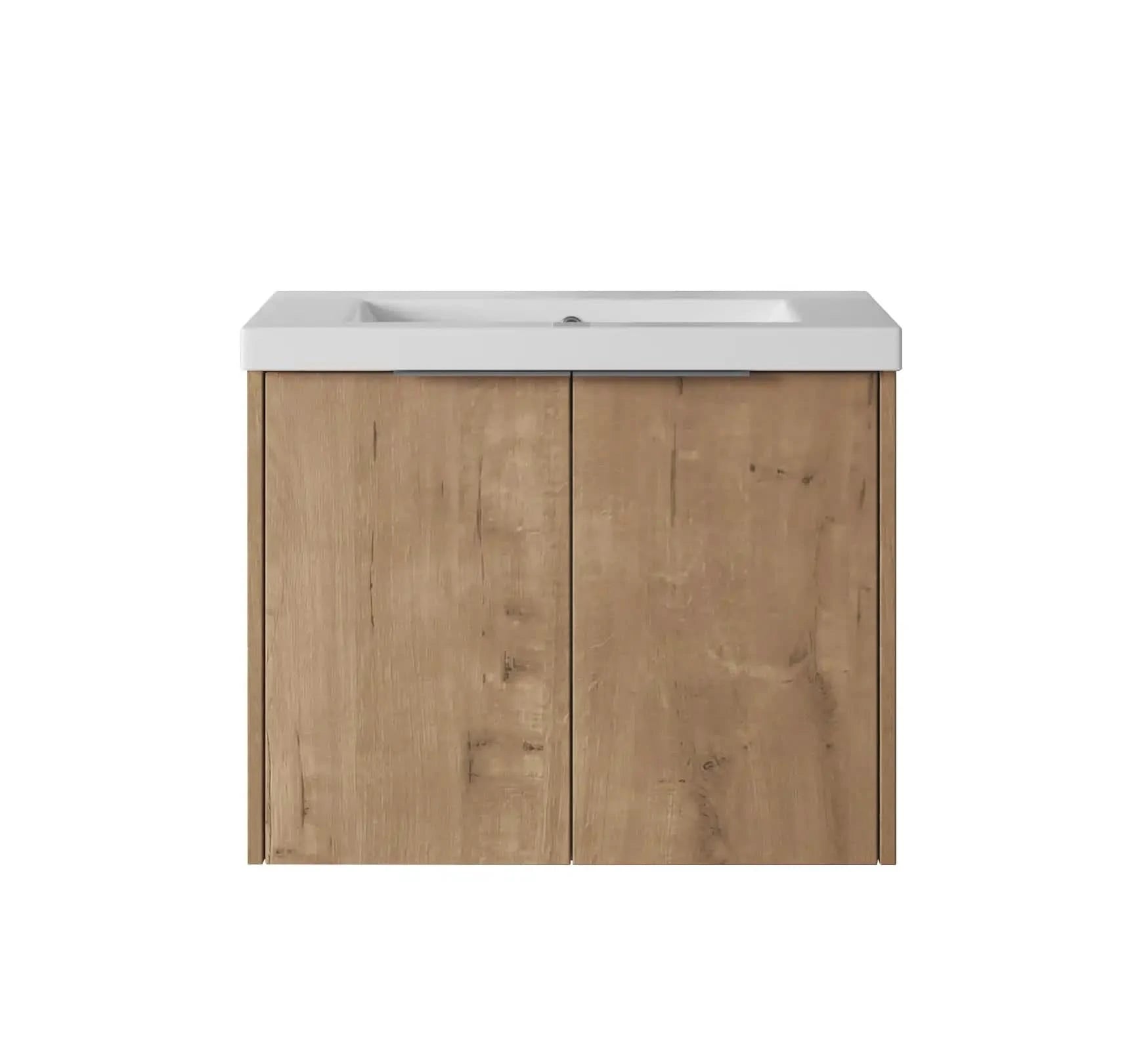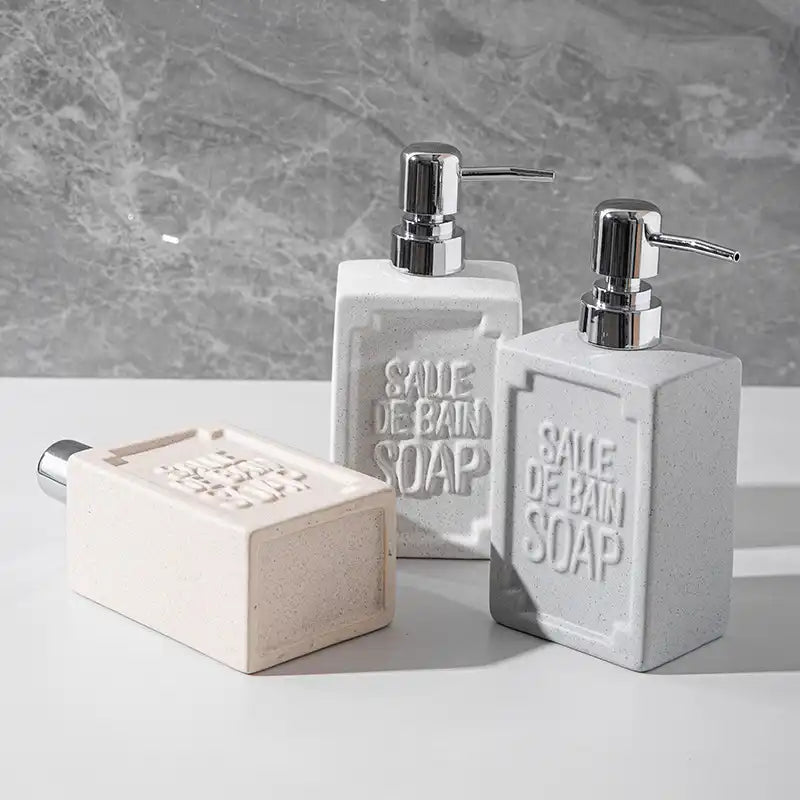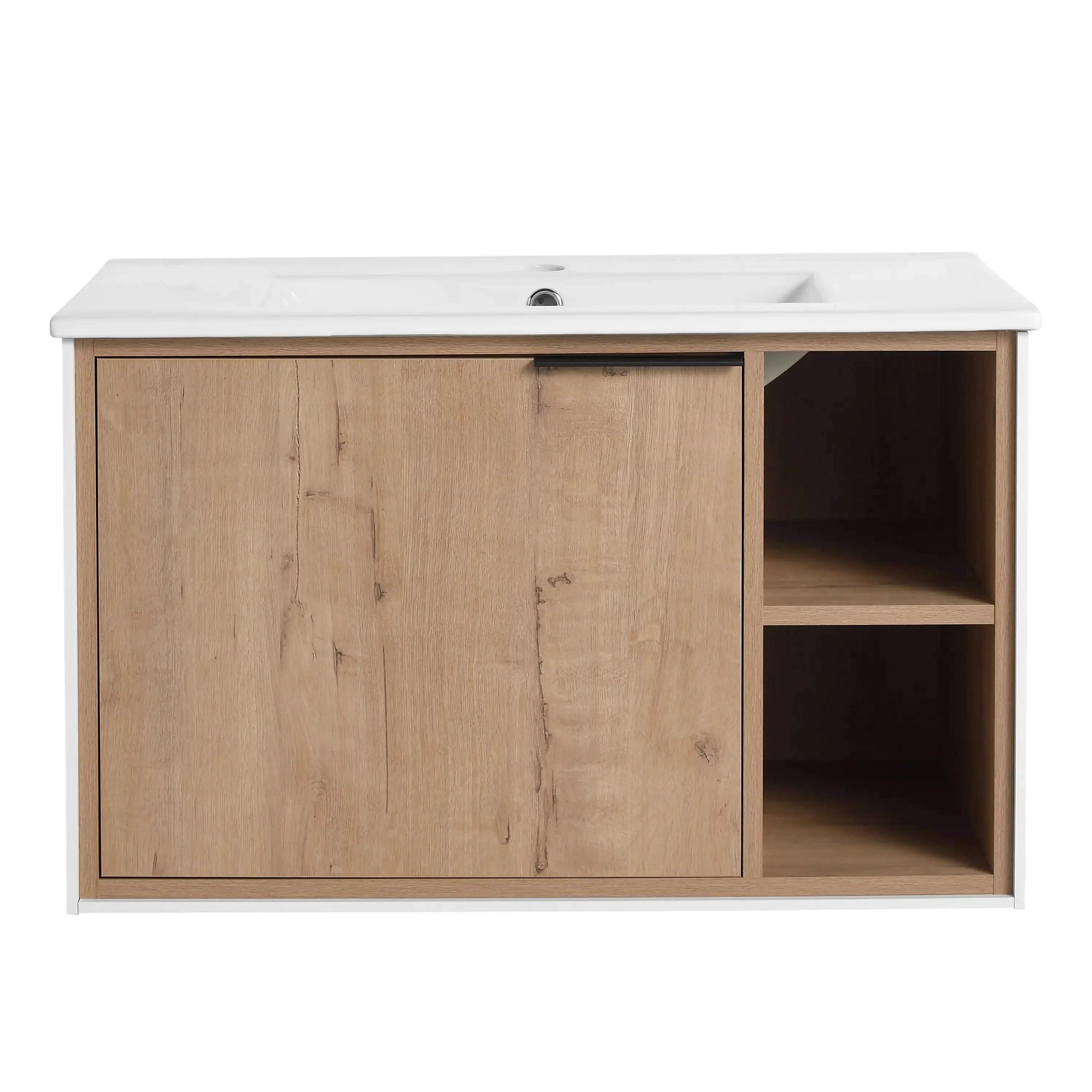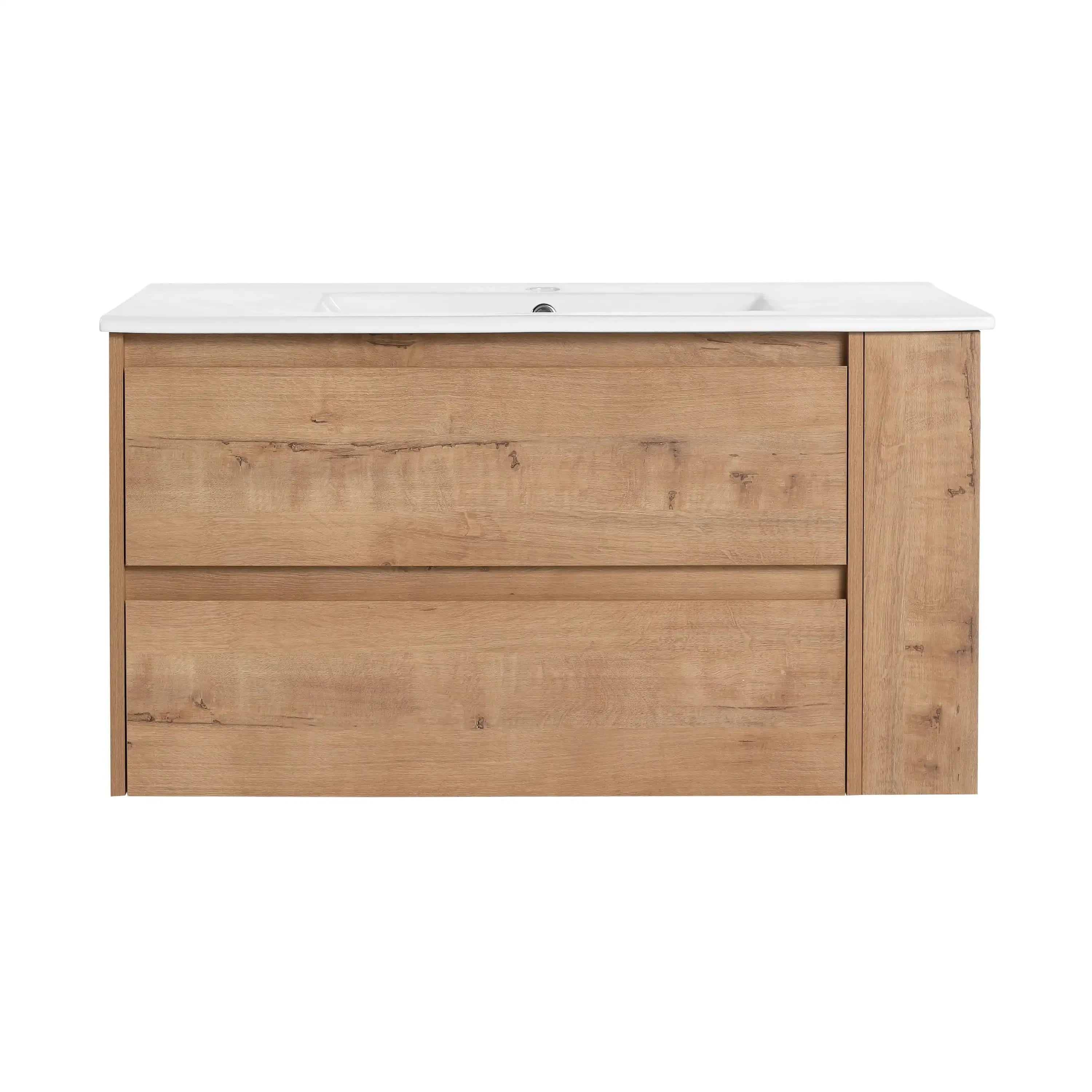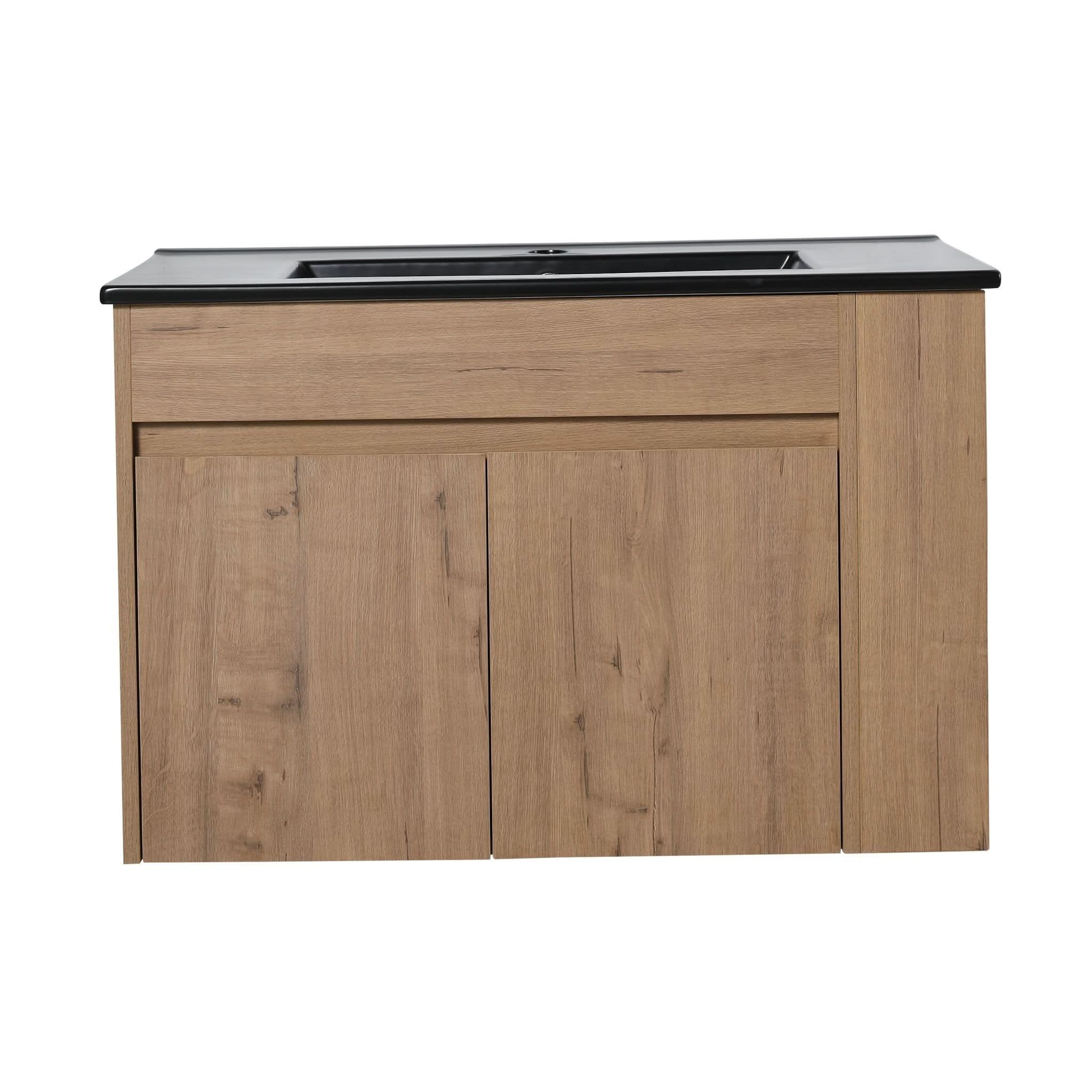Introduction: Why Choose Natural Cleaners for Your Shower Doors?
In today's world, sustainability and environmental consciousness have become key priorities for homeowners. Whether you're remodeling your bathroom or simply looking to maintain its cleanliness, natural cleaners offer an eco-friendly, safe, and effective alternative to the harsh chemicals often found in commercial cleaning products.
Using traditional cleaners can release toxic fumes and contribute to indoor air pollution. Not to mention, many of these products are packed with chemicals that can harm the environment once they wash down the drain. Thankfully, natural cleaning options are not only better for the planet but also for your health. In this guide, we’ll explore the most effective natural cleaners for shower doors, helping you maintain a sparkling bathroom without the harmful side effects of conventional cleaners.
The Benefits of Using Natural Cleaners for Shower Doors
Eco-Friendly
Natural cleaners often have fewer synthetic chemicals, making them less harmful to the environment. By switching to green alternatives, you’re reducing the amount of pollutants that seep into waterways and damage aquatic ecosystems. Plus, most natural cleaners are biodegradable, meaning they break down naturally without leaving a toxic residue.
Non-Toxic
One of the biggest advantages of natural cleaners is that they are non-toxic. For households with children or pets, this is a game-changer. Unlike some traditional cleaners that contain bleach, ammonia, or other harmful substances, natural solutions provide peace of mind. You won’t have to worry about accidental ingestion or skin irritation.
Cost-Effective
Many natural ingredients used for cleaning, such as baking soda, vinegar, and lemons, are affordable and can often be found in your kitchen. You don’t need to buy expensive store-bought products when simple pantry staples can do the job just as effectively.
Effective
Despite popular belief, natural cleaners aren’t any less powerful than their chemical counterparts. In fact, some of the ingredients—such as baking soda and vinegar—have been used for generations because of their cleaning properties. Natural ingredients can tackle soap scum, hard water stains, and mold just as effectively, without the risk of toxic exposure.
Top 5 Natural Cleaners for Shower Doors
1. White Vinegar and Baking Soda
White vinegar and baking soda have been tried and tested as natural cleaning agents. This classic duo works wonders on a variety of surfaces, including shower doors. The acidity in vinegar helps to break down soap scum, while the abrasiveness of baking soda gently scrubs away grime.
How to Use:
- Mix: Pour some white vinegar into a spray bottle, and add about 2 tablespoons of baking soda. Shake to mix.
- Spray: Lightly spray the solution onto the glass and any areas with soap scum or hard water stains.
- Scrub: Use a soft sponge or cloth to scrub the surface. The baking soda acts as a mild abrasive, lifting dirt without scratching the glass.
- Rinse: After scrubbing, rinse the surface with warm water and wipe dry with a microfiber cloth.
Best For: Soap scum, hard water stains, and general grime.
2. Lemon Juice and Baking Soda
Lemon juice’s natural acidity is an excellent tool for removing mineral deposits and hard water stains that tend to accumulate on shower doors. Combined with baking soda, it creates a slightly abrasive paste that works wonders on glass.
How to Use:
- Mix: Combine 2 tablespoons of baking soda with the juice of one lemon. Stir until a paste forms.
- Apply: Spread the paste onto the areas with hard water stains and mineral deposits.
- Scrub: Gently scrub the paste into the surface using a soft cloth or sponge.
- Rinse: Rinse thoroughly with warm water, then dry with a clean towel.
Best For: Hard water stains and mineral build-up.
3. Castile Soap
Castile soap is a gentle yet effective cleanser made from plant oils. It’s an excellent option for regular cleaning of shower doors. It works by breaking down oils and soap residue without the need for harsh chemicals.
How to Use:
- Mix: Add a few drops of Castile soap to a spray bottle filled with warm water.
- Spray: Apply the solution to your shower doors.
- Wipe: Use a soft microfiber cloth to wipe away dirt and grime.
Best For: Regular cleaning and maintaining the clarity of glass doors.
4. Tea Tree Oil
Tea tree oil is well-known for its antibacterial and antifungal properties. It's especially useful for preventing and cleaning mold and mildew on shower doors, which tend to thrive in damp, humid environments.
How to Use:
- Mix: Combine 10-15 drops of tea tree oil with 1 cup of water in a spray bottle.
- Spray: Apply the solution to any areas where you see mold or mildew.
- Scrub: Gently scrub the surface with a soft sponge.
- Rinse: Rinse with warm water and dry with a clean cloth.
Best For: Preventing and cleaning mold and mildew.
5. Essential Oils and Distilled Water
Essential oils like lavender, eucalyptus, and citrus are great for boosting the cleaning power of your natural cleaner while also providing a refreshing scent. These oils also have mild antibacterial properties, which can help keep your shower clean.
How to Use:
- Mix: Add 10-15 drops of your favorite essential oil to a spray bottle filled with distilled water.
- Spray: Mist the solution over your shower doors and wipe with a soft cloth.
Best For: Daily upkeep and adding a pleasant aroma to your bathroom.
How to Use Natural Cleaners for Best Results
To get the most out of your natural cleaners, it's important to apply the right techniques:
- Scrubbing: Always use soft sponges or cloths to avoid scratching the surface of your glass shower door.
- Frequency: Clean your shower door at least once a week to prevent soap scum and mineral buildup. For areas with hard water, a weekly cleaning routine will help maintain clarity.
- Rinsing: After cleaning, rinse the door thoroughly to avoid leaving behind any residue from the cleaning solution.
- Drying: Always dry your shower door with a clean towel or microfiber cloth to prevent water spots and streaks.
Other Eco-Friendly Tips to Keep Your Shower Doors Clean
Preventive Measures
To minimize the buildup of soap scum and hard water stains, try these simple tips:
- Use a squeegee after each shower to remove water from the glass.
- Install a water softener to reduce mineral deposits and protect your shower door from stains.
Common Mistakes to Avoid When Using Natural Cleaners
- Overusing abrasives like baking soda on delicate glass surfaces. While effective, excessive abrasion can scratch and dull the glass.
- Not rinsing thoroughly: Leaving any cleaning solution on the surface can lead to residue buildup, which makes your glass look cloudy.
- Using too much essential oil: A few drops go a long way, and using more can leave an oily residue.
Conclusion: Eco-Friendly Shower Doors Maintenance Made Easy
Switching to natural cleaners for your shower doors is an easy yet powerful way to create a cleaner, healthier home while protecting the environment. The best part? These natural solutions work just as well, if not better, than their chemical counterparts. Whether you’re tackling tough soap scum or keeping your glass shining, natural cleaners provide a safe, effective, and affordable solution.
At ACE DECOR, we offer a range of premium shower doors designed to complement your eco-friendly lifestyle. Check out our shower door collection for stylish, durable, and easy-to-maintain options for your bathroom.
FAQ
FAQ 1: Can I use white vinegar to clean my shower door every day?
A: Yes, white vinegar is an excellent natural cleaner for daily use. It’s safe for glass and can effectively remove soap scum and mineral deposits. However, if your shower door has any special coatings or finishes, it’s best to check with the manufacturer to ensure vinegar won't cause any damage over time.
FAQ 2: Will lemon juice work for hard water stains on glass shower doors?
A: Yes, lemon juice is highly effective at removing hard water stains due to its natural acidity. When combined with baking soda, it creates a paste that works as a mild abrasive to scrub away stains without scratching the glass. Just make sure to rinse thoroughly after use.
FAQ 3: Are natural cleaners safe for homes with pets and children?
A: Absolutely! One of the major benefits of natural cleaners is that they are non-toxic and safe for homes with pets and children. Unlike many commercial cleaners, natural options like vinegar, baking soda, and essential oils don't contain harsh chemicals that can pose risks to your family.
FAQ 4: Can tea tree oil prevent mold and mildew growth on shower doors?
A: Yes, tea tree oil has natural antifungal and antibacterial properties that help prevent the growth of mold and mildew in your bathroom. Using a tea tree oil and water solution on your shower door can help keep mold at bay, especially in humid environments.
FAQ 5: Do I need to rinse the natural cleaning solutions off my shower door after using them?
A: Yes, it’s important to rinse off natural cleaning solutions thoroughly. Leaving the solution on the surface can result in streaks or residue buildup over time, which may dull the appearance of your glass. Rinsing ensures your shower doors stay sparkling clean and clear.
FAQ 6: How often should I clean my shower door with natural cleaners?
A: It’s recommended to clean your shower door at least once a week to keep soap scum, water stains, and dirt from building up. For homes with hard water or heavy usage, you may want to clean more frequently. Regular maintenance helps to keep your shower doors in top condition without the need for harsh chemical cleaners.
FAQ 7: Can I use vinegar on my shower doors every day for cleaning?
A: Yes, vinegar is safe for regular cleaning, but be cautious if you have certain types of metal finishes on your shower hardware, as it can cause tarnishing over time. For regular cleaning, it's best to alternate with gentler options like Castile soap.



